

“Advancing the frontiers of medicine through developments in technology, better understanding of the human body, and new ways of practicing a centuries old profession.”
Dive into the Latest
#Communities
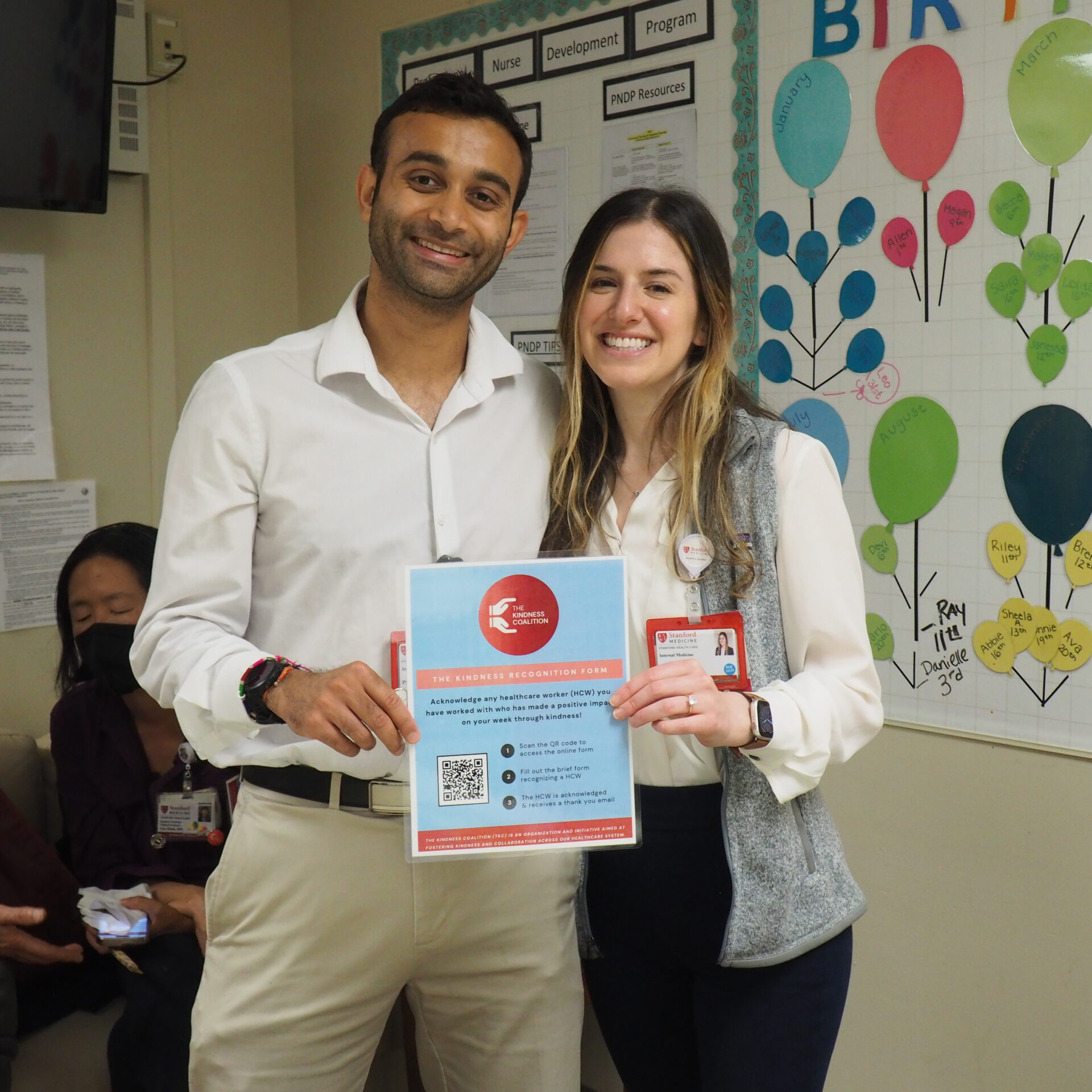
At 3 a.m. one night in mid-November 2022, Stanford Hospital was bursting at the seams. Residents Prerak Juthani, MD, and Amity Eliaz, MD, share stories of how kindness transformed chaos. That night, they sparked an idea: The Kindness Coalition, a movement to transform health care through compassion and communication.
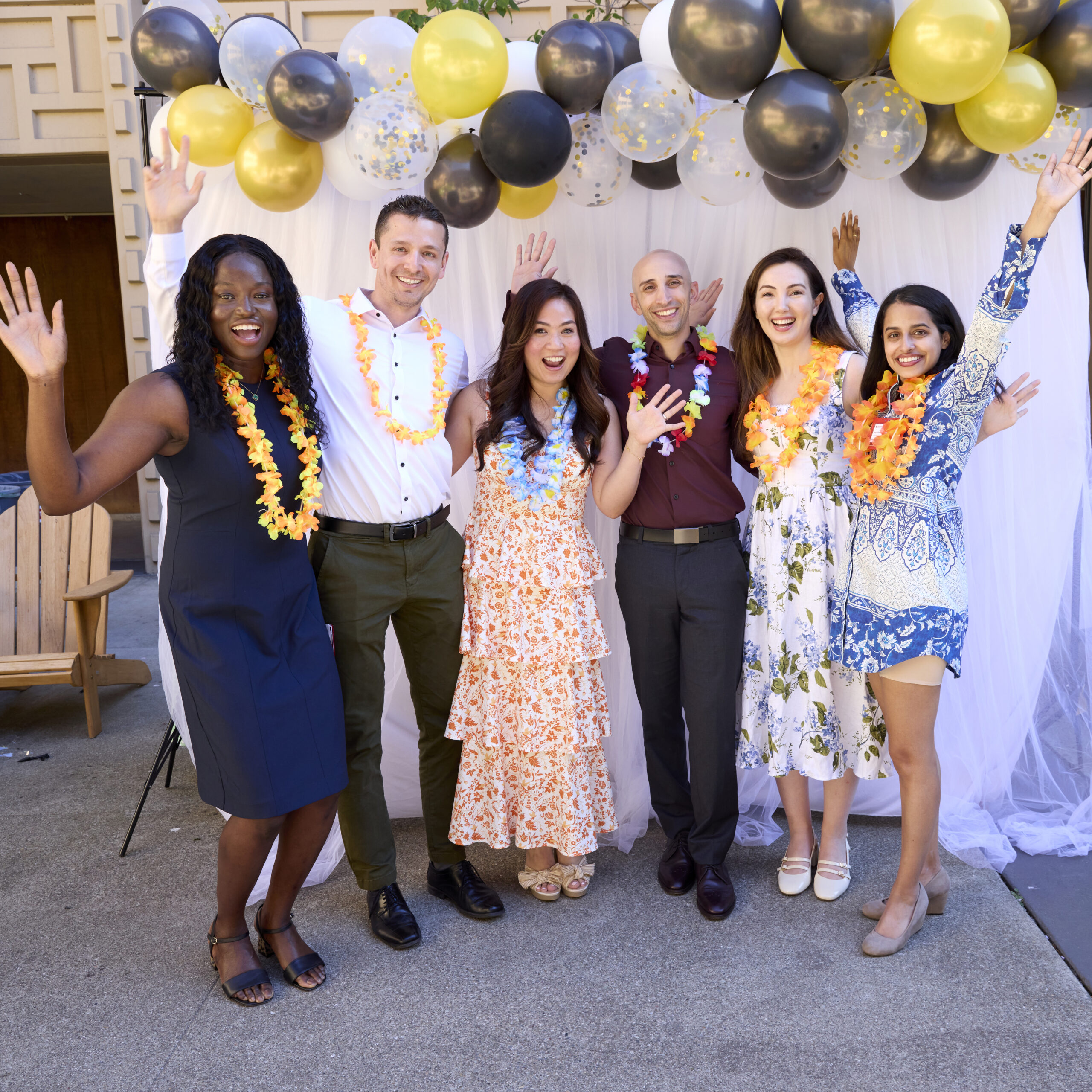
Patients tend to feel more comfortable with physicians whose backgrounds are similar to their own – which can enhance communications and healthcare outcomes. That’s why Stanford’s endocrinology fellowship program seeks applicants with diverse backgrounds. The class of 2024-25 represents countries and heritages from around the world.
After just one year of operation, the Mentorship | Opportunity | Development | Empathy | Leadership (MODEL) program has already had significant impacts on mentoring culture across the department.
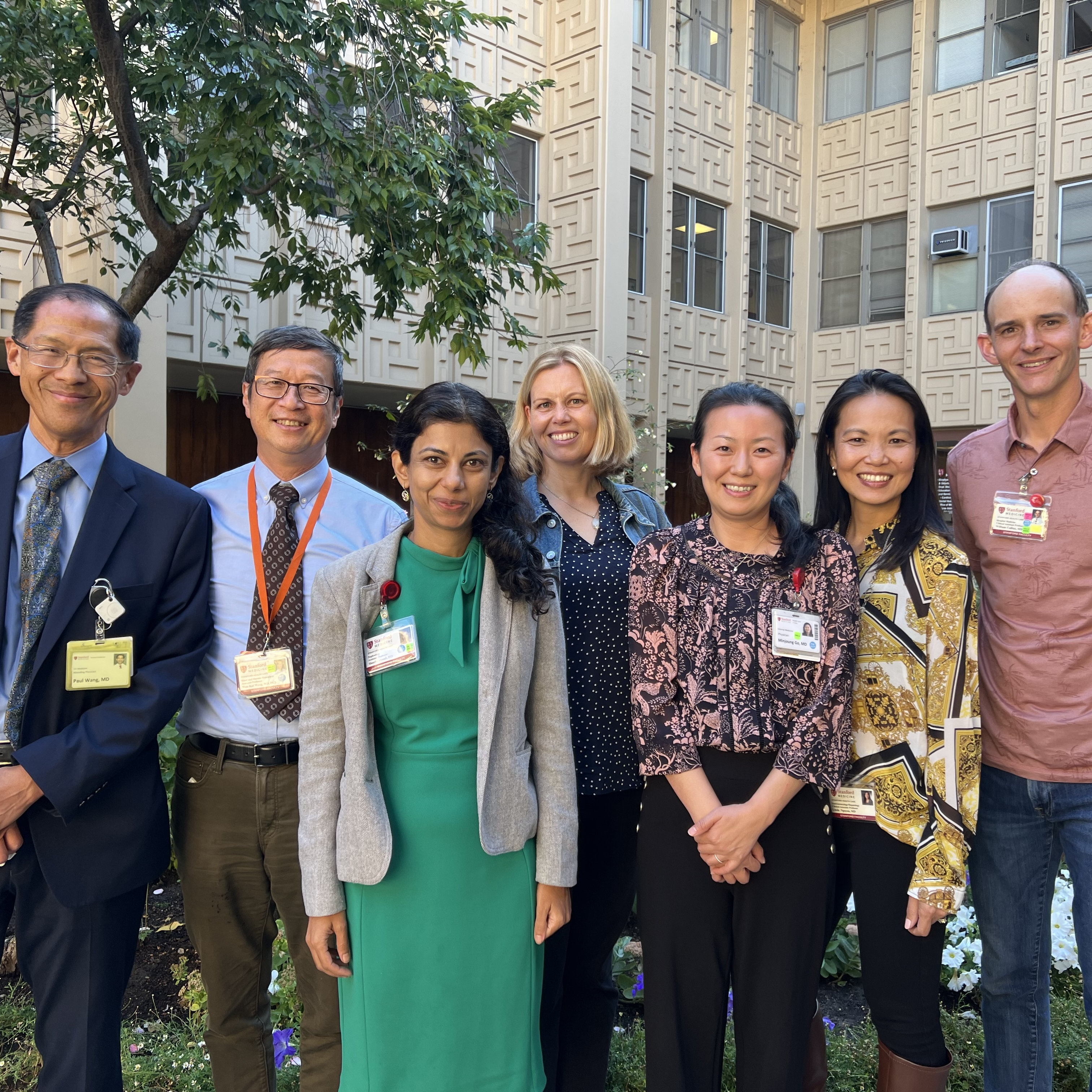
Four department staff members who are also talented musicians unveil the healing and therapeutic nature of making music. For some, making music presents a much-needed path to the self and a way of practicing mindfulness. For others, it offers a chance to process and manage difficult emotions or to find meaningful connection with others.
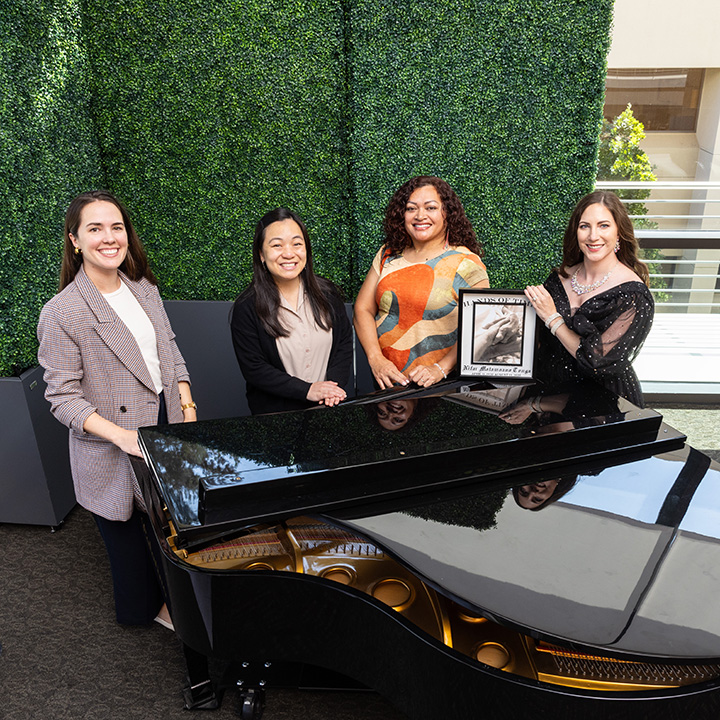
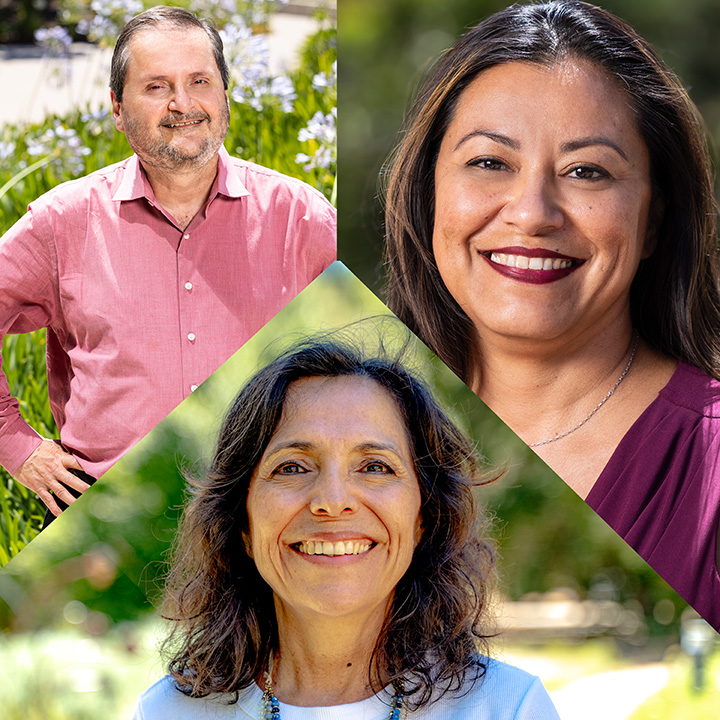
Members of the Department of Medicine talk about finding identities both as professionals and as members of the Latin American community. Each journey emphasizes an incredible capacity to excel when given the opportunity, proving that, while nobody’s story is the same as another’s, success is a big achievement no matter who you are.
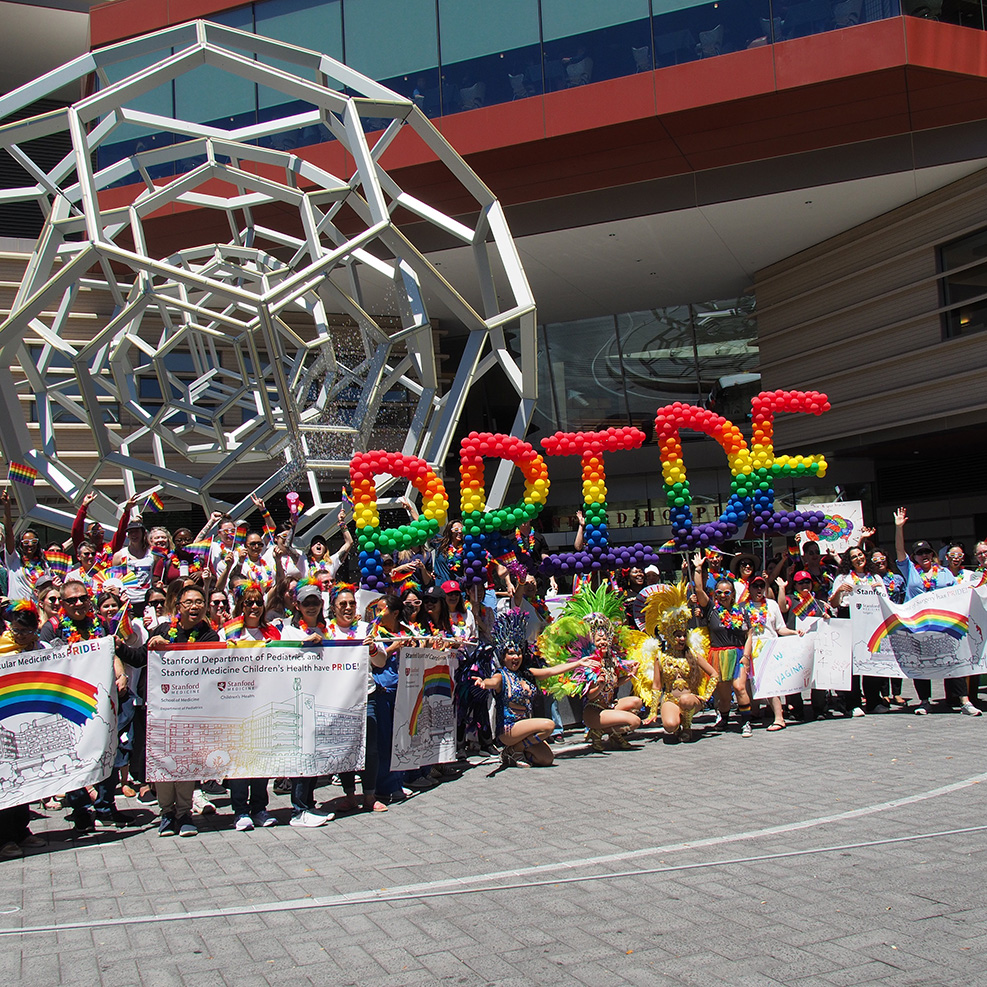
Stanford’s LGBTQ+ Health Program has evolved into a dynamic and caring center for its community, with lifelong primary care and leading-edge research that inform its medical school curriculum and advocacy efforts.
Stanford Health Care Tri-Valley’s transformation into a medical education hospital is a tale of remarkable dedication. Under the leadership of Minjoung Go, MD, launching the Family Medicine Residency involved navigating complex regulations, crafting impactful educational programs, and forging robust community connections – all aimed at bolstering the local supply of doctors to meet the pressing needs of the Tri-Valley area.
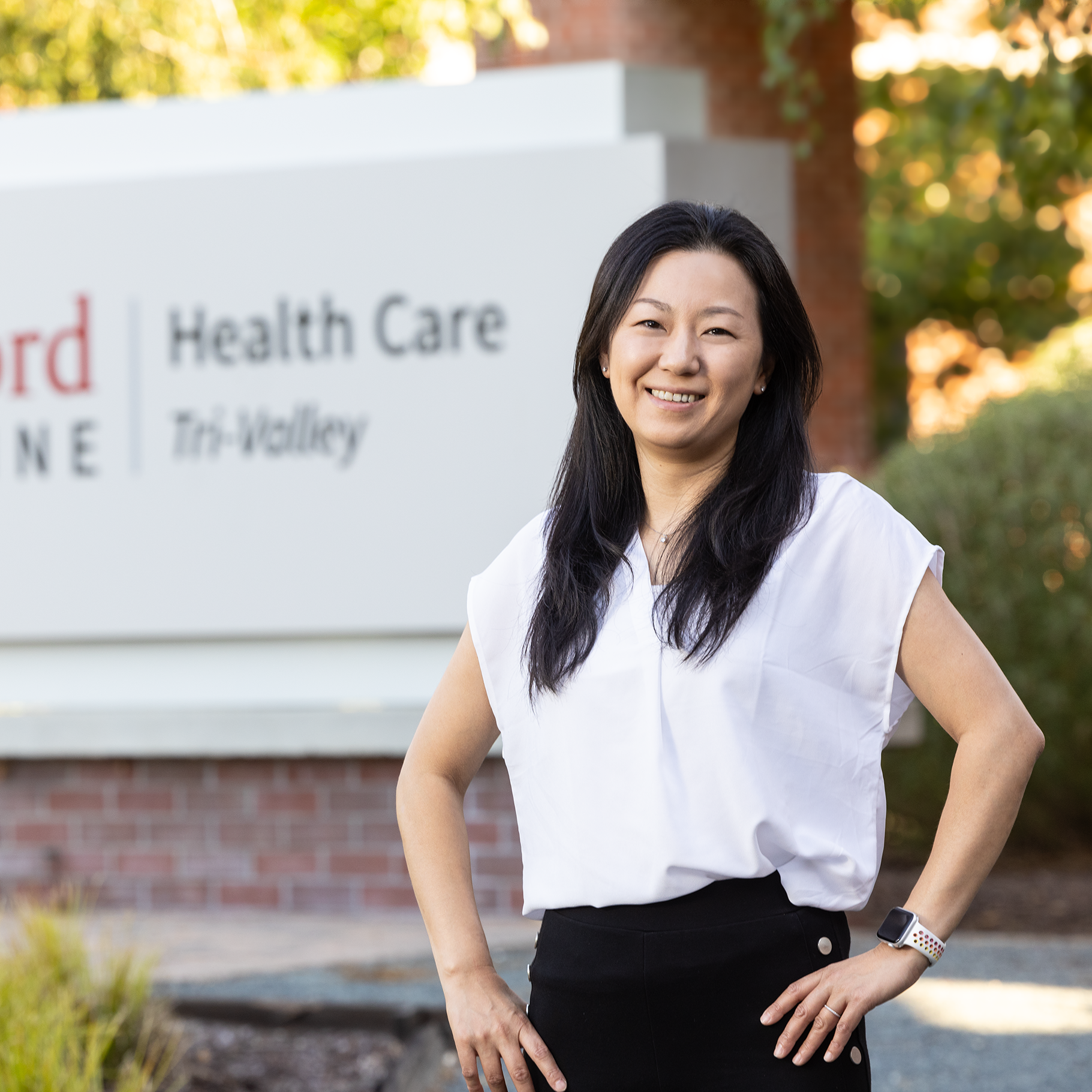
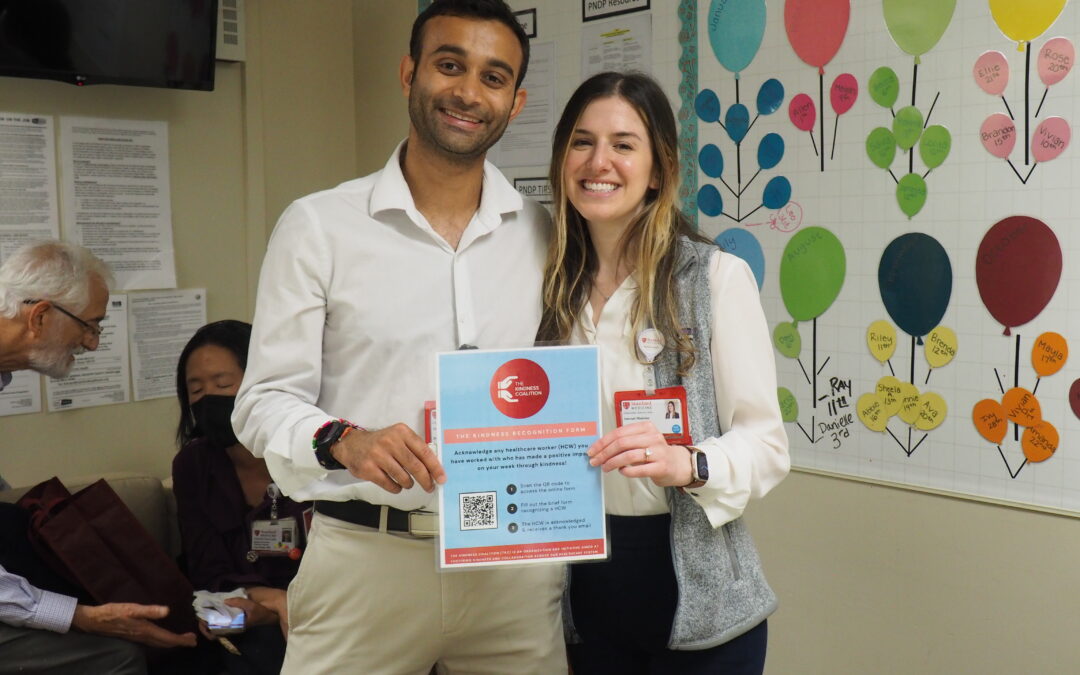
The Kindness Coalition: Transforming Health Care Through Compassion
At 3 a.m. one night in mid-November, 2022, Stanford Hospital was bursting at the seams. Residents Prerak Juthani, MD, and Amity Eliaz, MD, share stories of how kindness transformed chaos. That night, they sparked an idea: The Kindness Coalition, a movement to transform health care through compassion and communication.
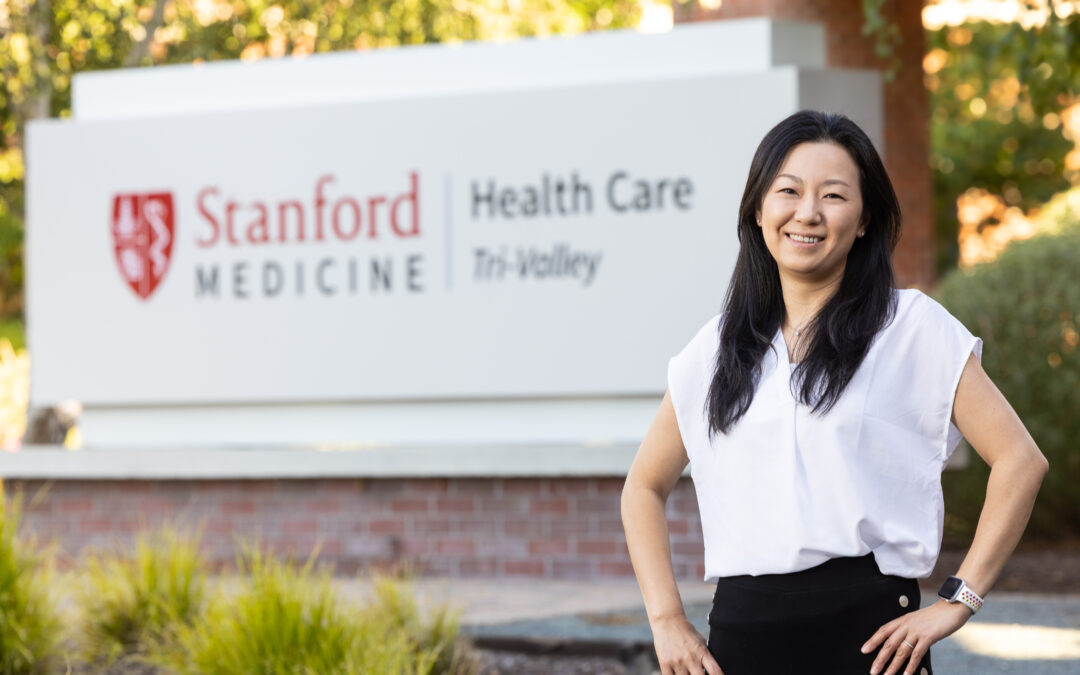
Pioneering New Frontiers: Tri-Valley Hospital’s Family Medicine Residency Tackles Doctor Shortage
Stanford Health Care Tri-Valley’s transformation into a medical education hospital is a tale of remarkable dedication. Under the leadership of Minjoung Go, MD, launching the Family Medicine Residency involved navigating complex regulations, crafting impactful educational programs, and forging robust community connections – all aimed at bolstering the local supply of doctors to meet the pressing needs of the Tri-Valley area.
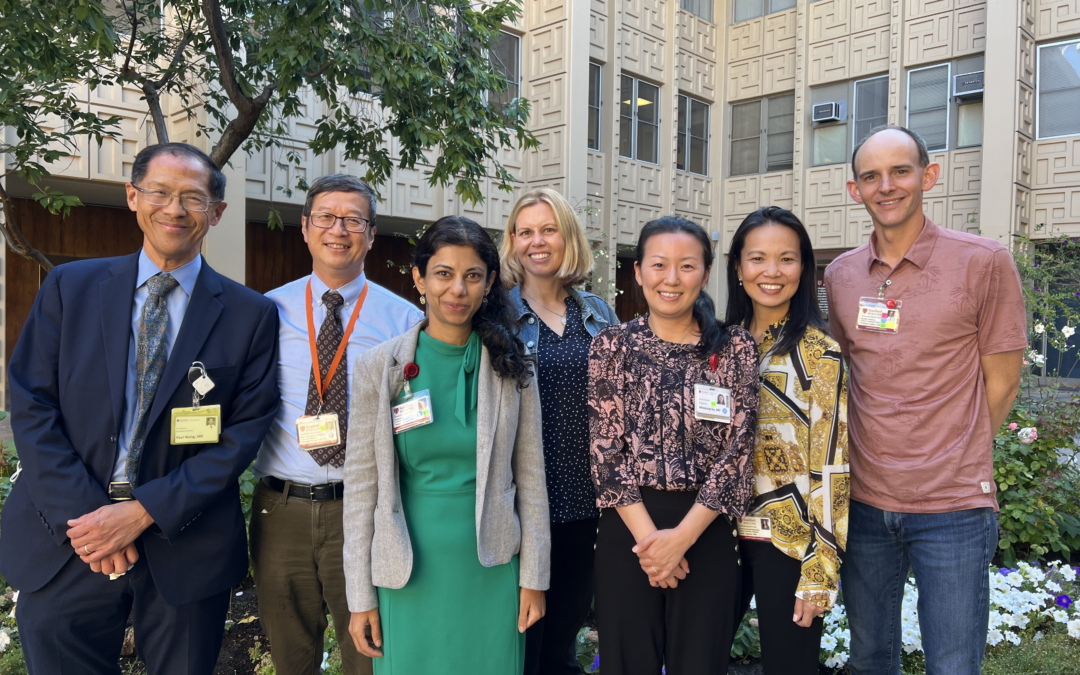
Mentorship Reimagined: The MODEL Program’s Impact on Faculty Development at Stanford
After just one year of operation, the Mentorship | Opportunity | Development | Empathy | Leadership (MODEL) program has already had significant impacts on mentoring culture across the department.
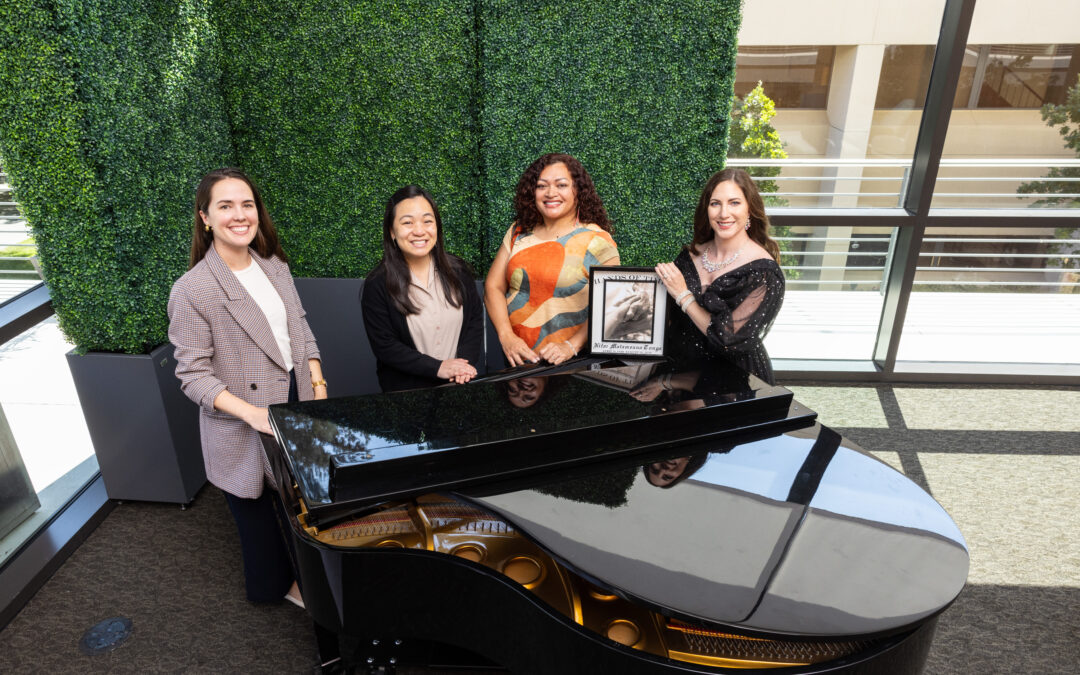
Harmony and Healing: How Stanford’s Department of Medicine Staff Find Resilience Through Music
Four department staff members who are also talented musicians unveil the healing and therapeutic nature of making music. For some, making music presents a much-needed path to the self and a way of practicing mindfulness. For others, it offers a chance to process and manage difficult emotions or to find meaningful connection with others.
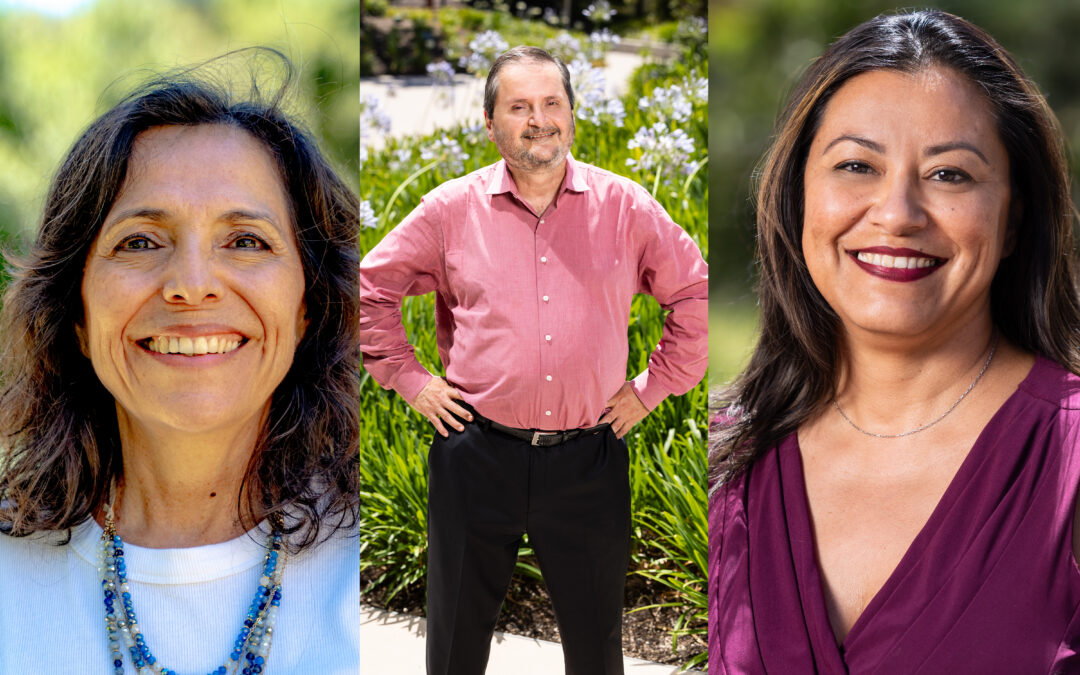
That Was Me: Latin American Individuals and Identities in Medicine
Members of the Department of Medicine talk about finding identities both as professionals and as members of the Latin American community. Each journey emphasizes an incredible capacity to excel when given the opportunity, proving that, while nobody’s story is the same as another’s, success is a big achievement no matter who you are.
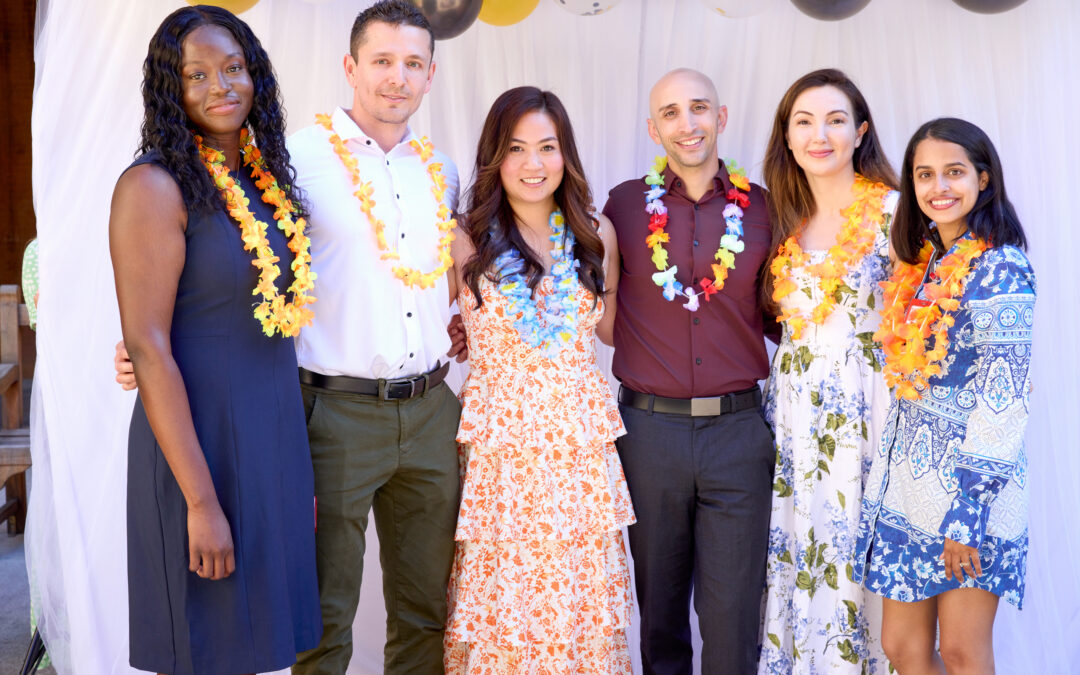
New Frontiers in Diversity: Stanford’s Endocrinology Fellowship
Patients tend to feel more comfortable with physicians whose backgrounds are similar to their own – which can enhance communications and healthcare outcomes. That’s why Stanford’s endocrinology fellowship program seeks applicants with diverse backgrounds. The class of 2024-25 represents countries and heritages from around the world.

New Frontiers in LGBTQ+ Health Help Build Community
Stanford’s LGBTQ+ Health Program breaks new ground with life-long primary care and leading-edge research, medical education, and advocacy work for its community.
#Interventions
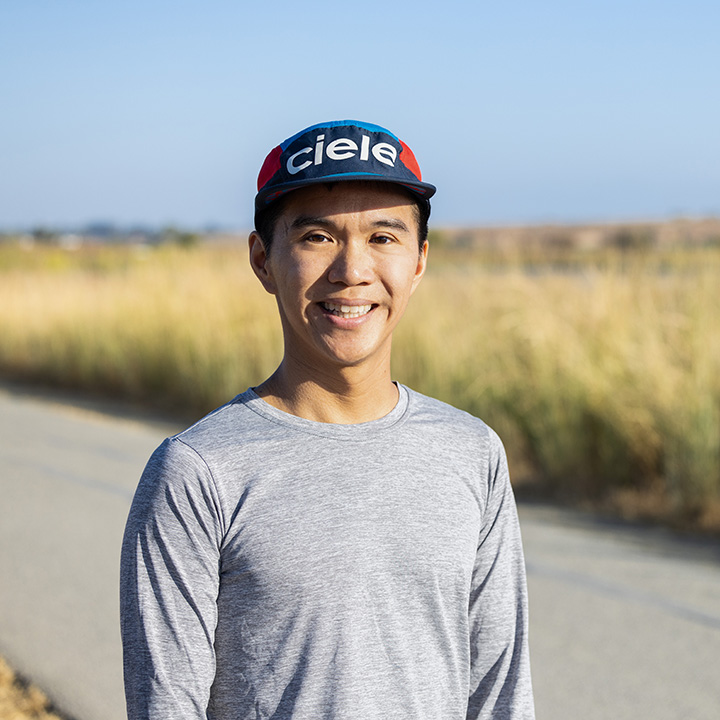
Common wisdom states that exercise is the best medicine. But how does medicine treat those who exercise? Jason Tso, MD, brings an athlete’s perspective to the rapidly growing – and evolving – field of sports cardiology.
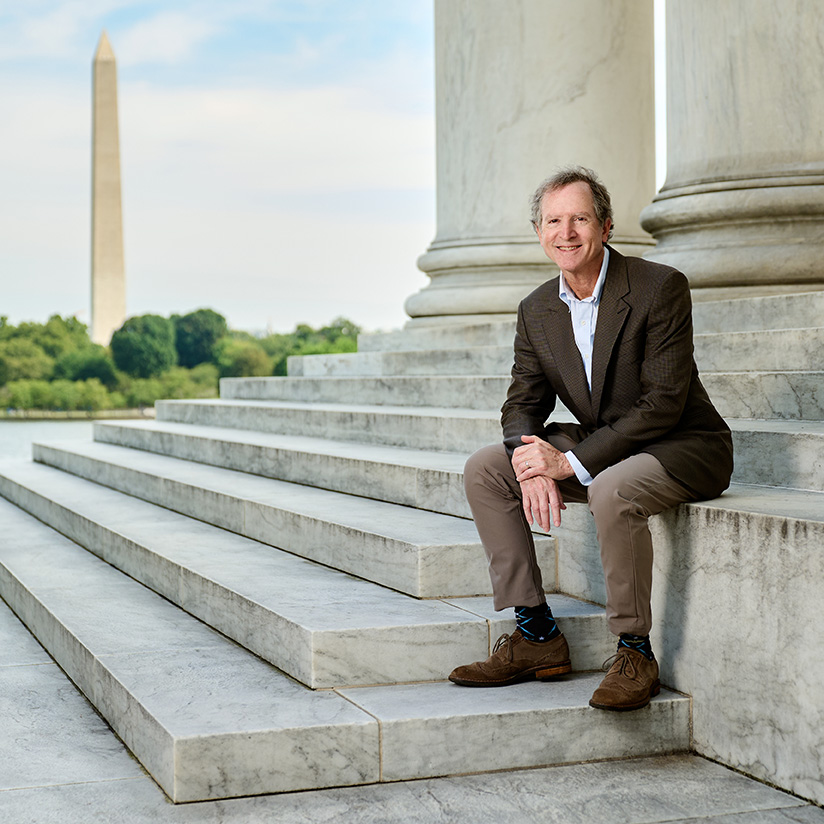
Infectious diseases expert David Relman, MD, is on sabbatical in Washington, D.C., but it’s no ordinary sabbatical – Relman is working from within the White House to anticipate and shape the federal government’s preparedness for future biological threats.
Three brilliant, successful scientists bring different perspectives and display different levels of intervention in efforts to prevent common chronic diseases.
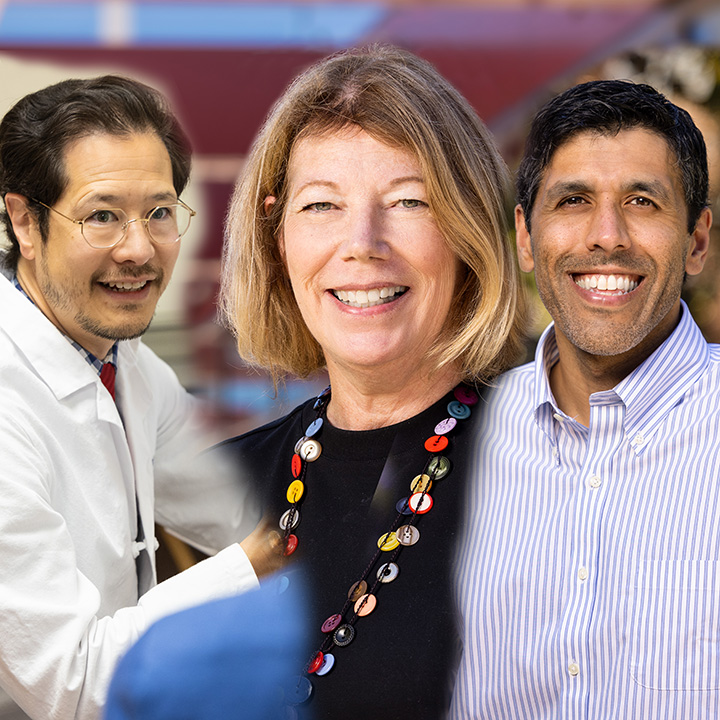
Clinical Assistant Professor Lauren Eggert, MD, collaborates with experts throughout Stanford Medicine to provide asthma, allergy, and COPD patients in the East Bay with the care they need.
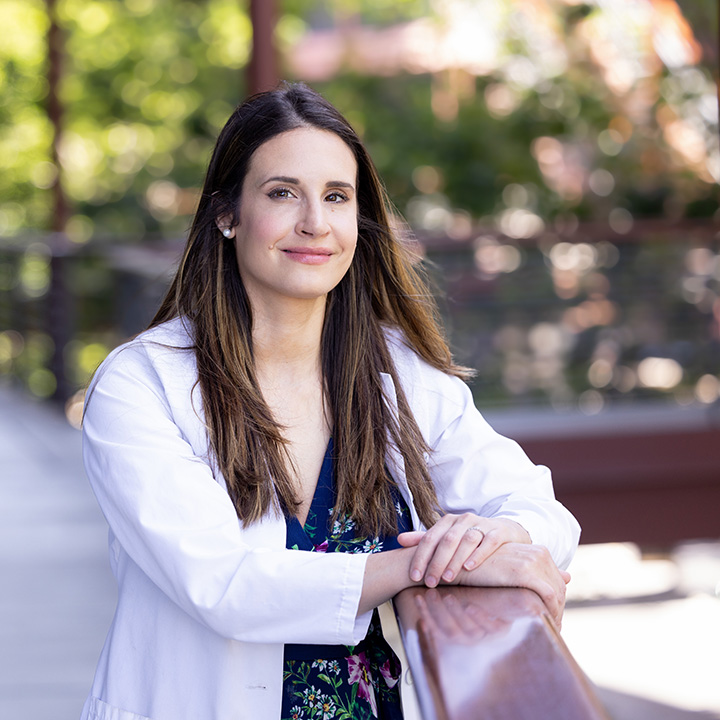
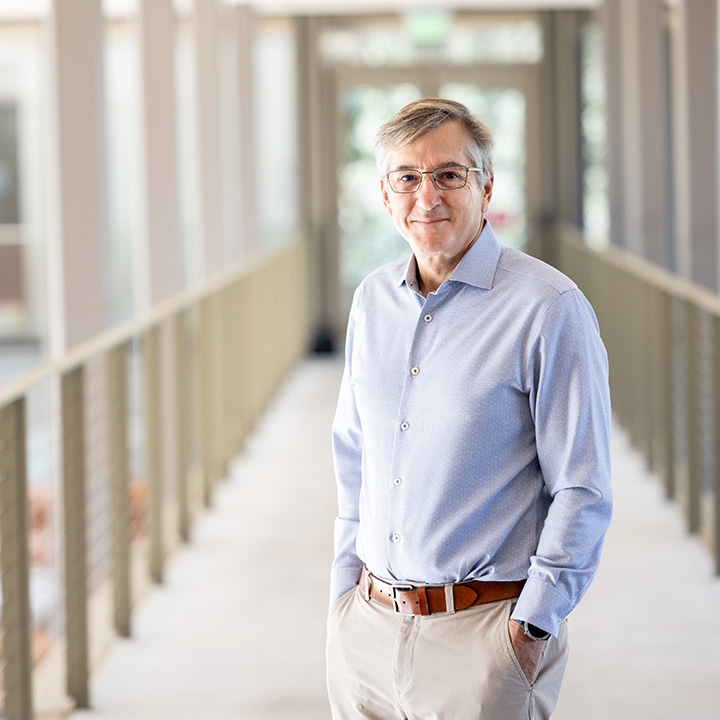
Generic drugs have saved consumers billions of dollars in prescription costs. But are patients aware of the hidden costs they’re paying by sustaining an industry fraught with safety, availability, and pricing issues?
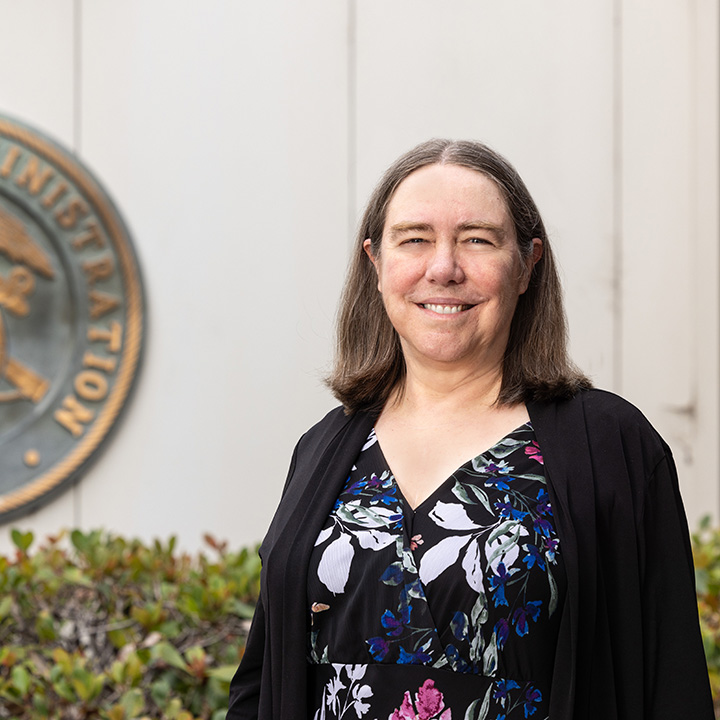
Women represent the fastest-growing population at the VA, which was once nearly exclusively for men. To meet their needs and close the historic gap in women’s health, Susan Frayne, MD, spearheads initiatives to advance clinical research and advocate for female veterans.
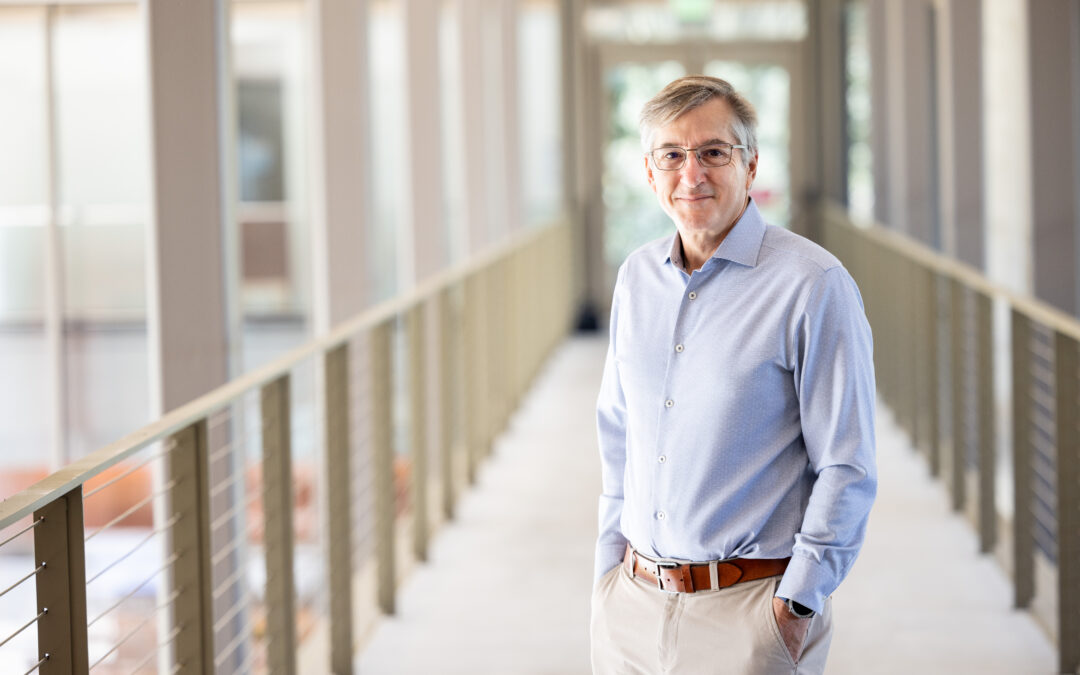
Price Defines the Generic Drug Market
Generic drugs have saved consumers billions of dollars in prescription costs. But are patients aware of the hidden costs they’re paying by sustaining an industry fraught with safety, availability, and pricing issues?
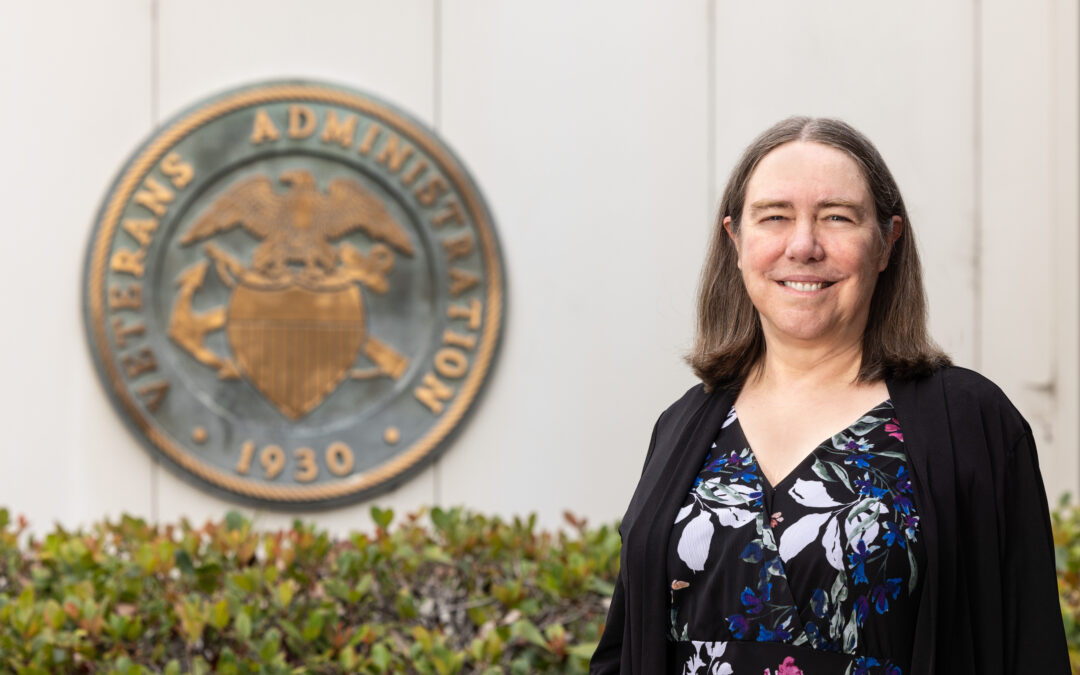
Transforming Women Veterans’ Health Care: Susan Frayne’s Leadership in Advancing VA Initiatives
Women represent the fastest-growing population at the VA, which was once nearly exclusively for men. To meet their needs and close the historic gap in women’s health, Susan Frayne, MD, spearheads initiatives to advance clinical research and advocate for female veterans.
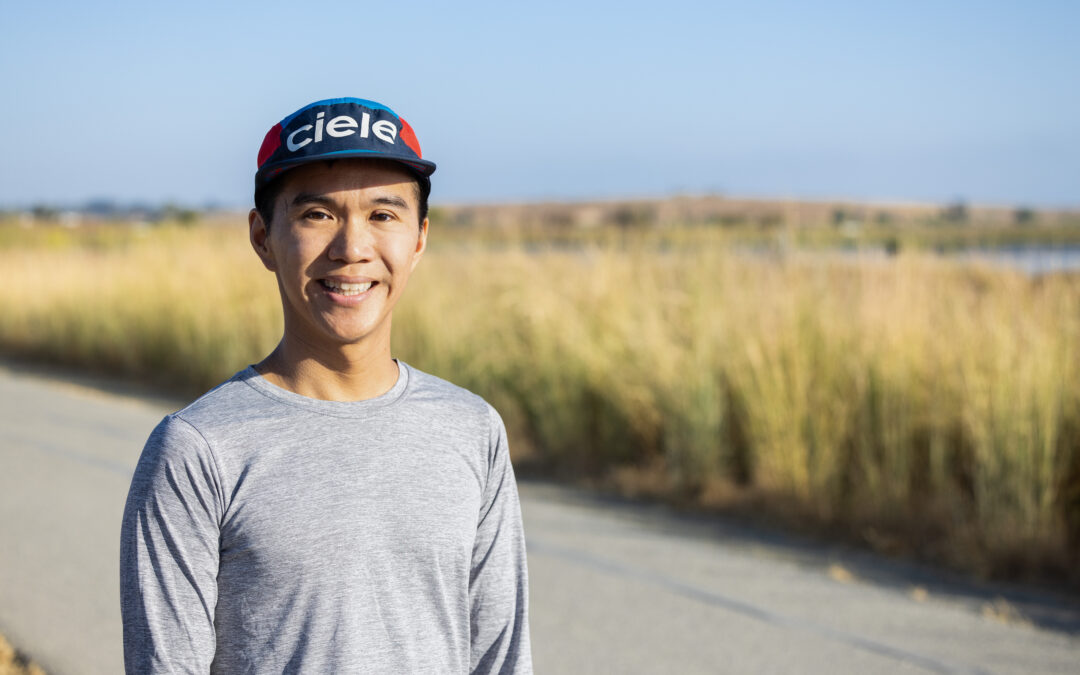
Redefining Cardiovascular Care for Athletes
Common wisdom states that exercise is the best medicine. But how does medicine treat those who exercise? Jason Tso, MD, brings an athlete’s perspective to the rapidly growing – and evolving – field of sports cardiology.
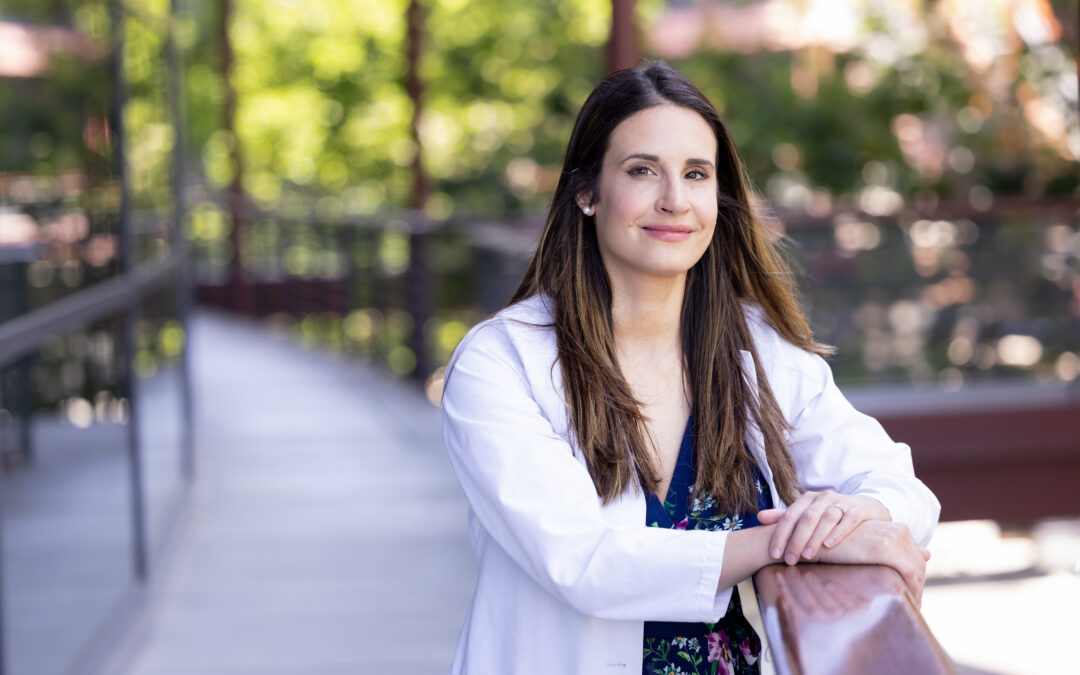
Expanding Horizons: Lauren Eggert’s Mission to Transform Pulmonary Care in the East Bay
Clinical Assistant Professor Lauren Eggert, MD, collaborates with experts throughout Stanford Medicine to provide asthma, allergy, and COPD patients in the East Bay with the care they need.
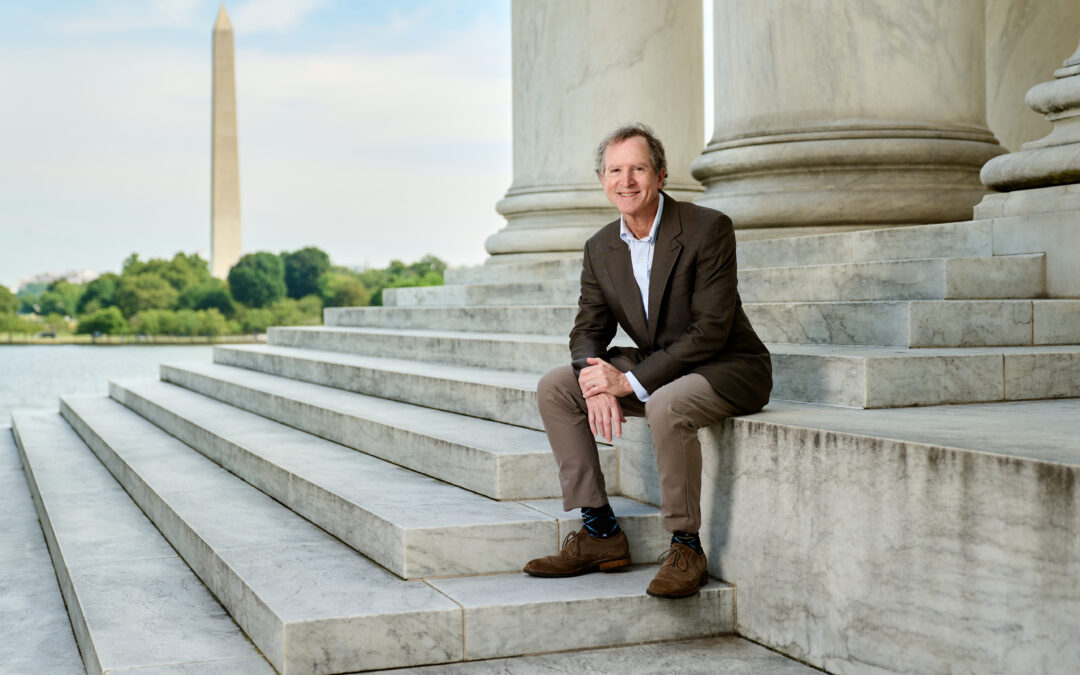
Preparing for the Next Pandemic
Infectious diseases expert David Relman, MD, is on sabbatical in Washington, D.C., but it’s no ordinary sabbatical – Relman is working from within the White House to anticipate and shape the federal government’s preparedness for future biological threats.
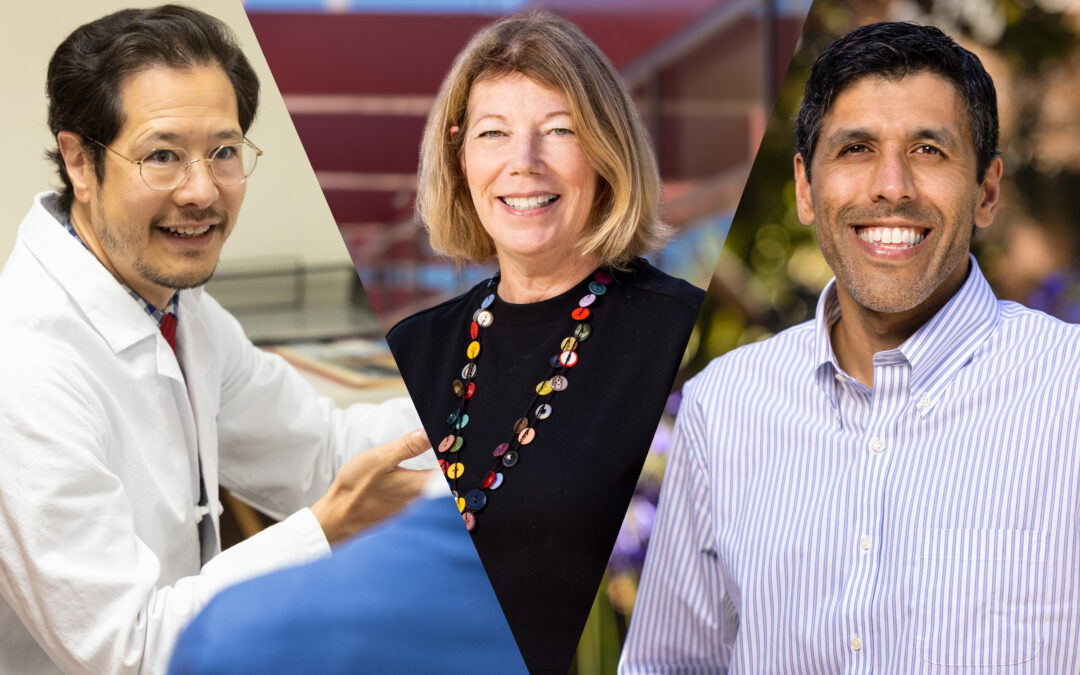
Innovative Strategies in Disease Prevention: Introducing SPRC’s New Faculty
Three brilliant, successful scientists bring different perspectives and display different levels of intervention in efforts to prevent common chronic diseases.
#Methods
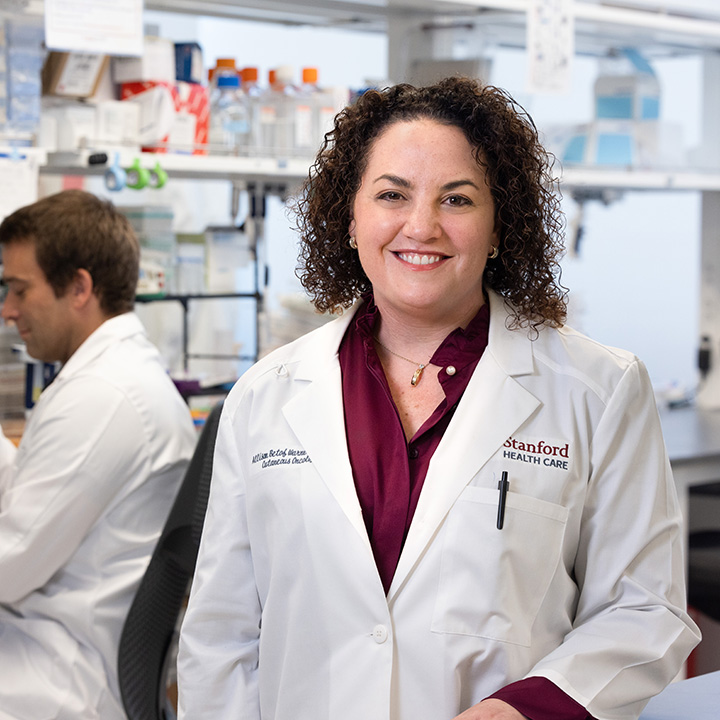
Gymnast-turned-oncologist Allison Betof Warner, MD, channels her determination into revolutionary cancer treatments at Stanford. Discover how she’s bringing new hope to cancer treatments with TIL therapy.
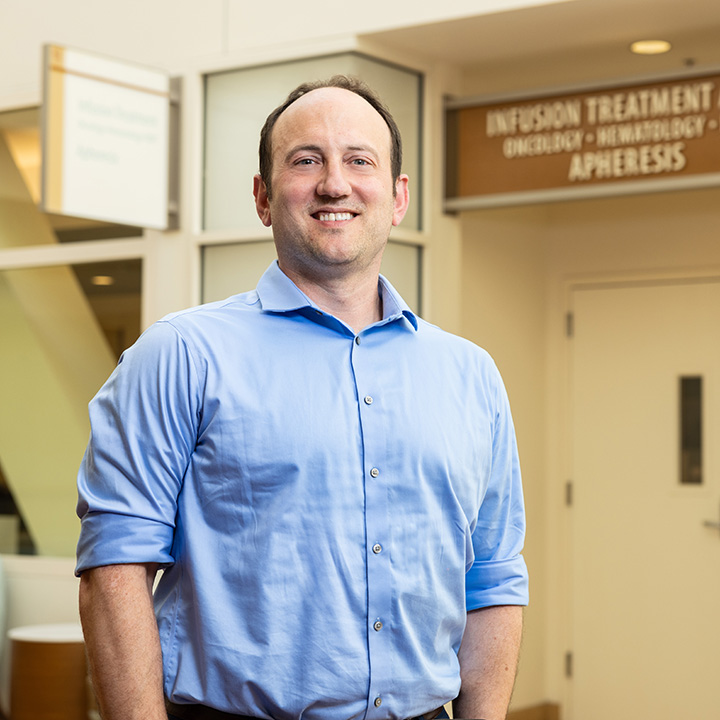
Most of the lymphoma patients who agreed to a new, experimental therapy at Stanford were told that they had only months to live. More than half of them now have no detectable cancer in their body.
Crafting groundbreaking science that gets published in an esteemed academic journal, then finds itself featured in a Netflix Top 10 docuseries months later, is no easy feat. Meet the team of women researchers whose dedication to scientific rigor helped change the way we understand our diet’s impact on health and the environment, all while captivating millions around the globe.
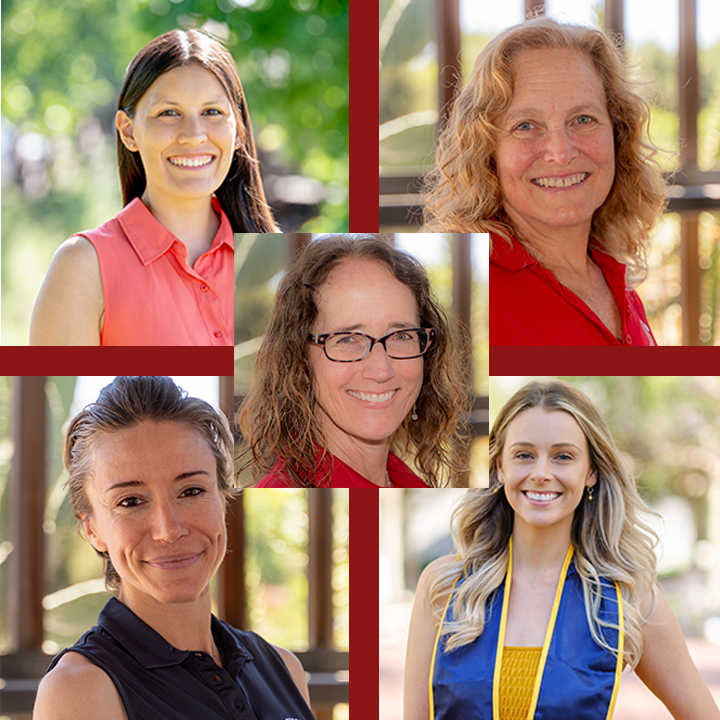
From identifying trends in opioid prescriptions to predicting depression in cancer patients, Tina Hernandez-Boussard, PhD, is at the forefront of data-driven health care. Learn how her innovative approaches are transforming patient care and paving the way for equitable and personalized medicine.

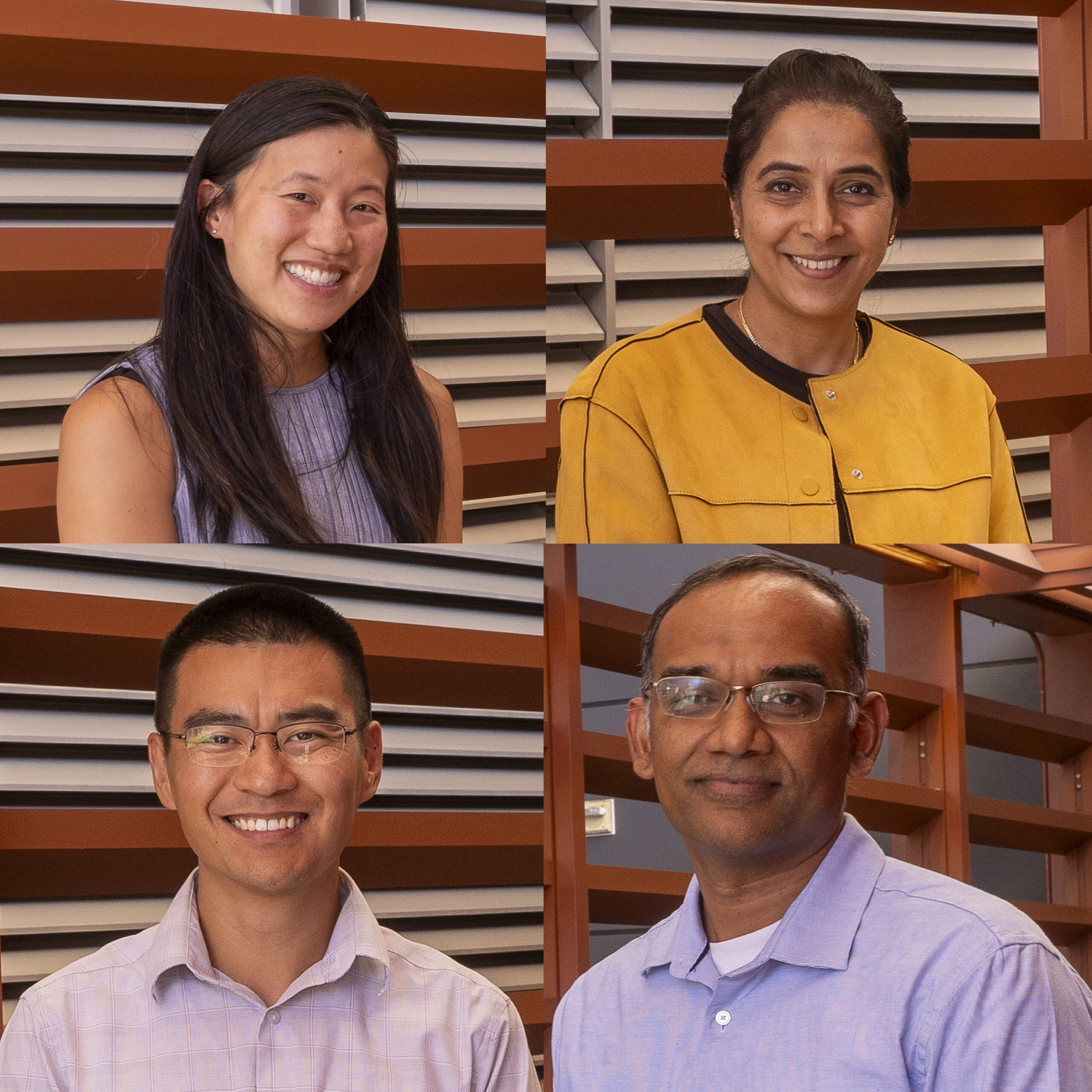
E-consults serve as a bridge for primary care providers to get quick answers from specialists. A new interdisciplinary study investigates how to include patients in the communications loop to help speed diagnosis and treatment.
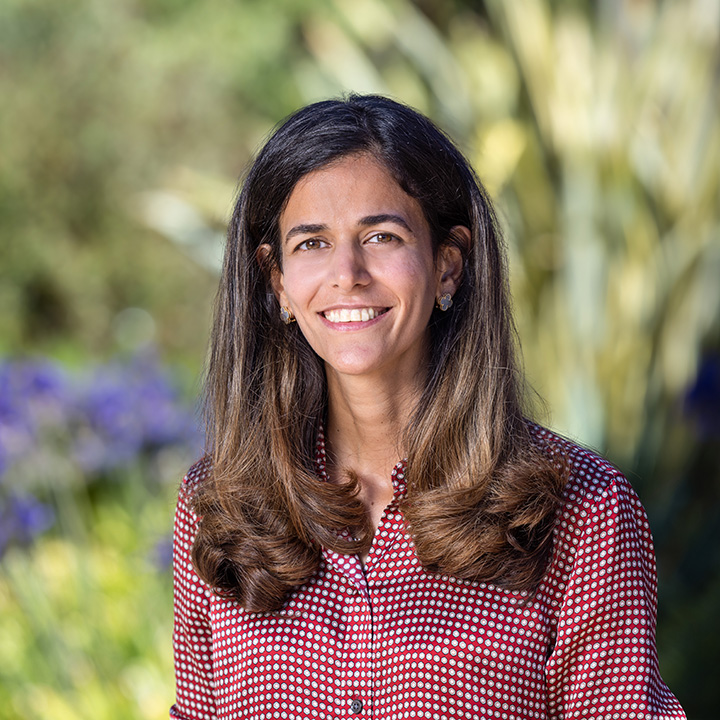
Hematologist Bita Fakhri, MD, wants to give patients with chronic lymphocytic leukemia (CLL) new treatment options. As director of the CLL clinical trial portfolio at Stanford, she is ensuring that Stanford runs fair, equitable, accessible – and scientifically cutting-edge – trials.
Home dialysis may not be new, but ensuring that every eligible patient is aware of this life-changing option and is given the support they need to benefit from it certainly is. Graham Abra, MD, is on a mission to make this a reality at Stanford, and his patients are reaping the benefits.
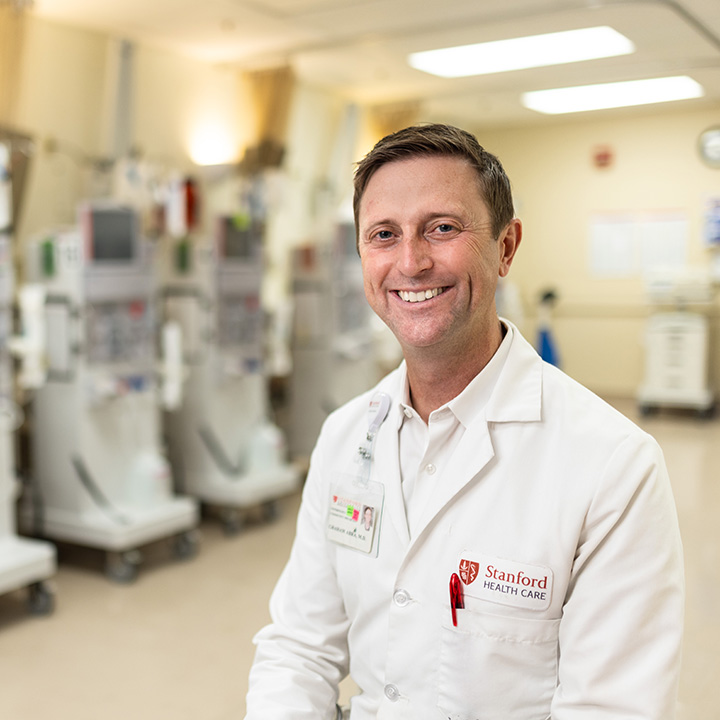
Discover how Stanford’s cutting-edge research is transforming the fight against autoimmune and rheumatic diseases. With advanced computational tools and informatics, researchers are paving the way for groundbreaking treatments that promise a healthier future for millions affected by these complex conditions.
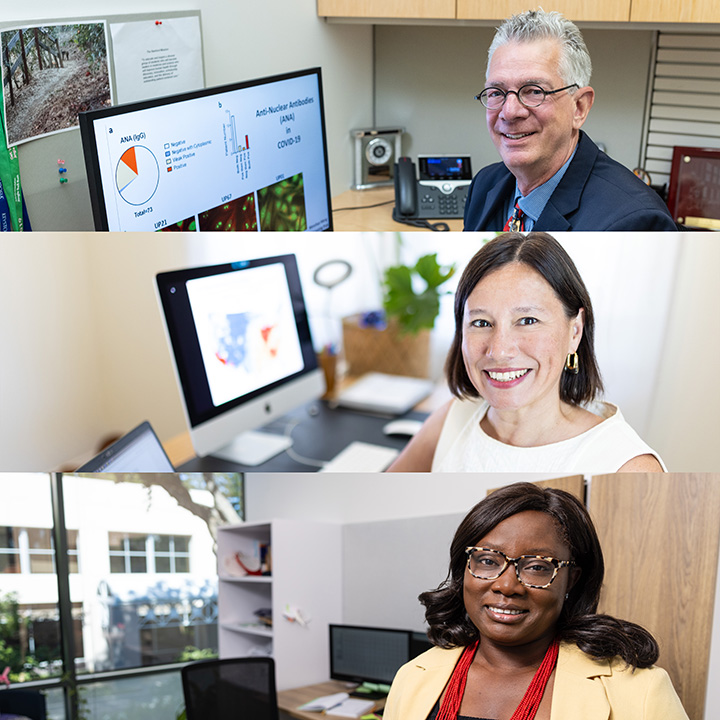
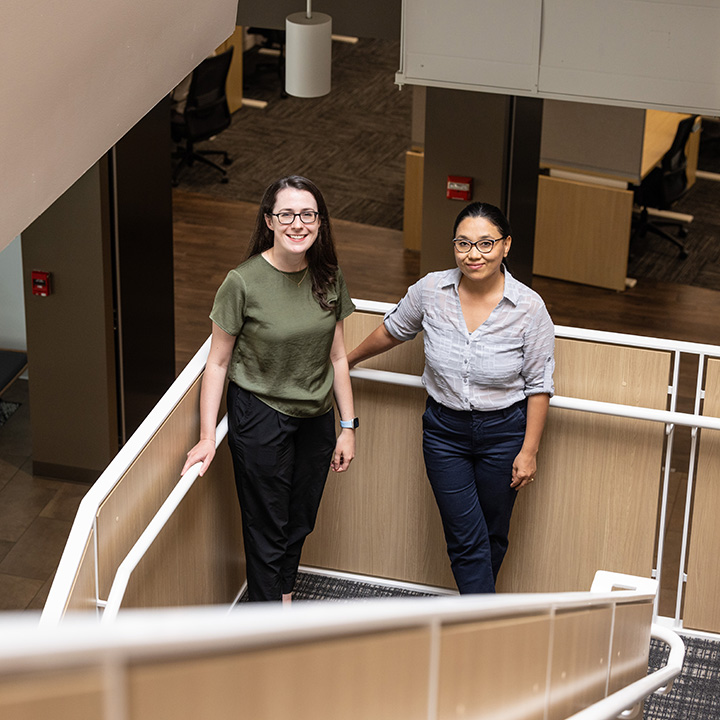
To increase participation from underrepresented populations, the Stanford Center for Clinical Research debuts a novel approach to clinical drug trial recruitment.
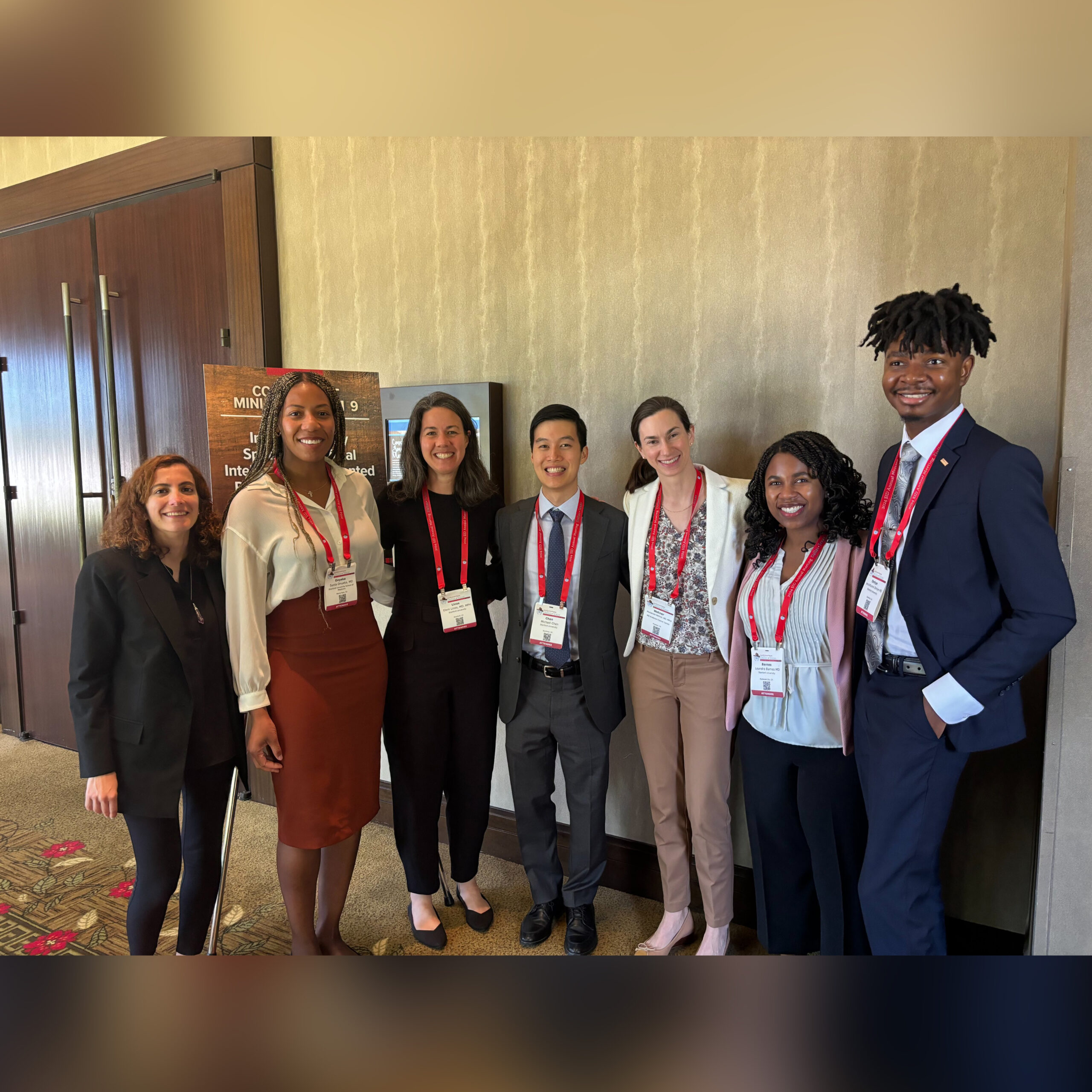
Can the music department contribute to the safety of pediatric sedation? The best way to find out is to work together. This is precisely the spirit that Eleni Linos, MD, is fostering in the freshly relaunched Center for Digital Health, where unexpected collaborations are yielding some spectacular results. The future of medicine is now at the CDH.
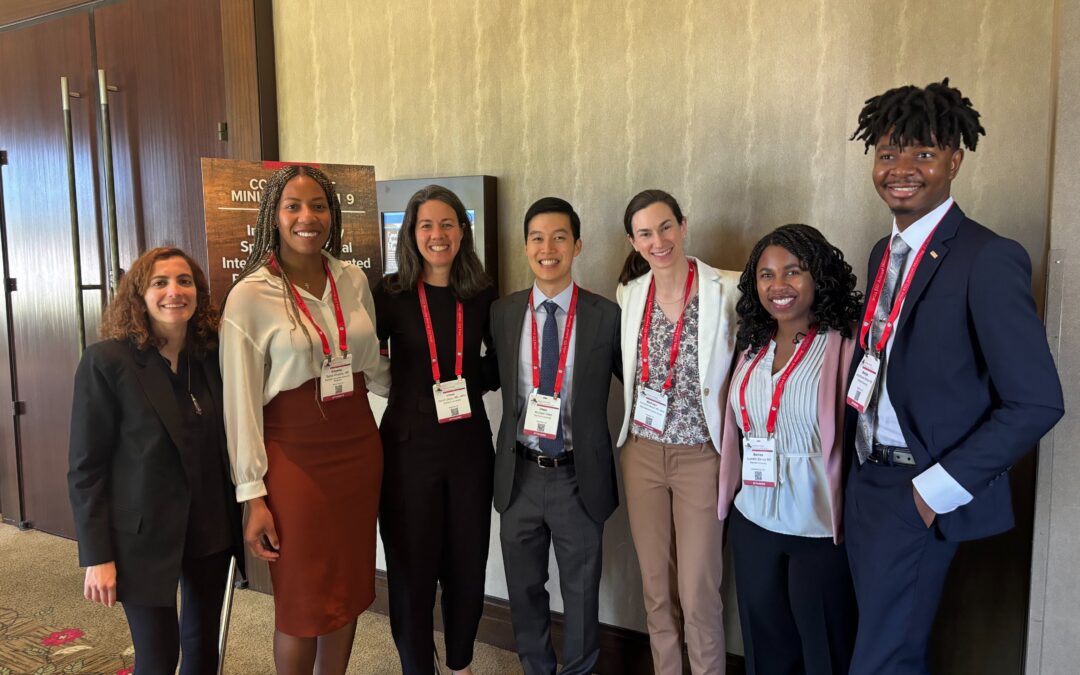
Pioneering Digital Health: Stanford’s Center Transforms Lives Through Innovation and Collaboration
Can the music department contribute to the safety of pediatric sedation? The best way to find out is to work together. This is precisely the spirit that Eleni Linos, MD, is fostering in the freshly relaunched Center for Digital Health, where unexpected collaborations are yielding some spectacular results. The future of medicine is now at the CDH.

The Recipe for a Top 10 Netflix Docuseries: Good Science and Exceptional Researchers
Crafting groundbreaking science that gets published in an esteemed academic journal, then finds itself featured in a Netflix Top 10 docuseries months later, is no easy feat. Meet the team of women researchers whose dedication to scientific rigor helped change the way we understand our diet’s impact on health and the environment, all while captivating millions around the globe.
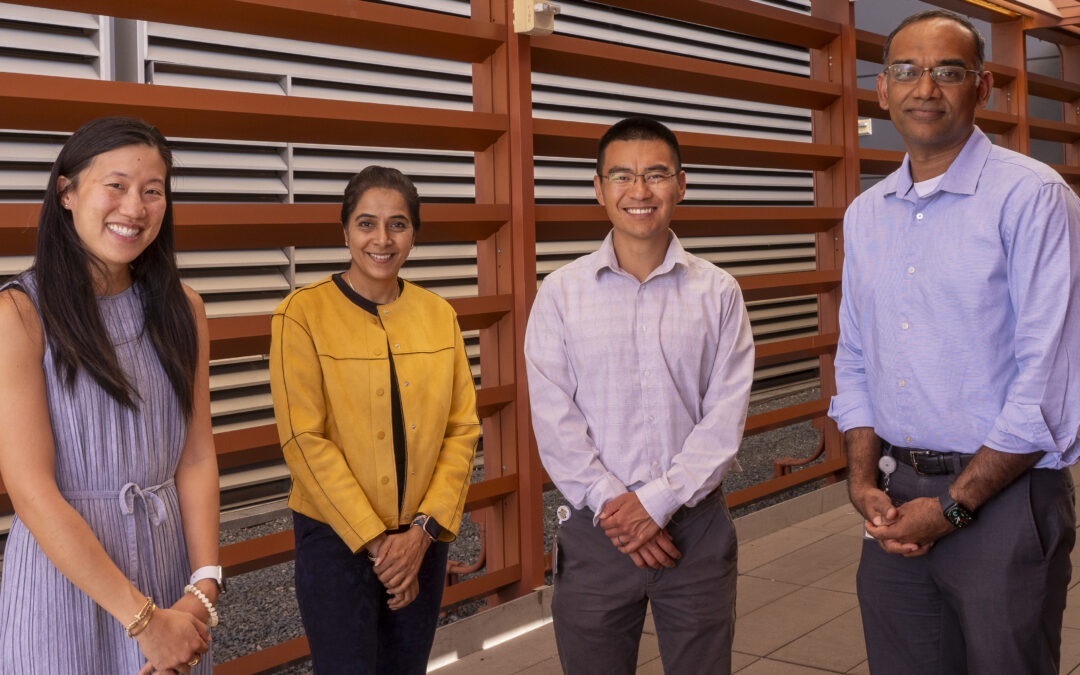
New Frontiers in Team Science: Empowering Patients With AI-Driven E-Consults
E-consults serve as a bridge for primary care providers to get quick answers from specialists. A new interdisciplinary study investigates how to include patients in the communications loop to help speed diagnosis and treatment.

New Digital Tools Advance DEI in Global Clinical Trial
To increase participation from underrepresented populations, the Stanford Center for Clinical Research debuts a novel approach to clinical drug trial recruitment.
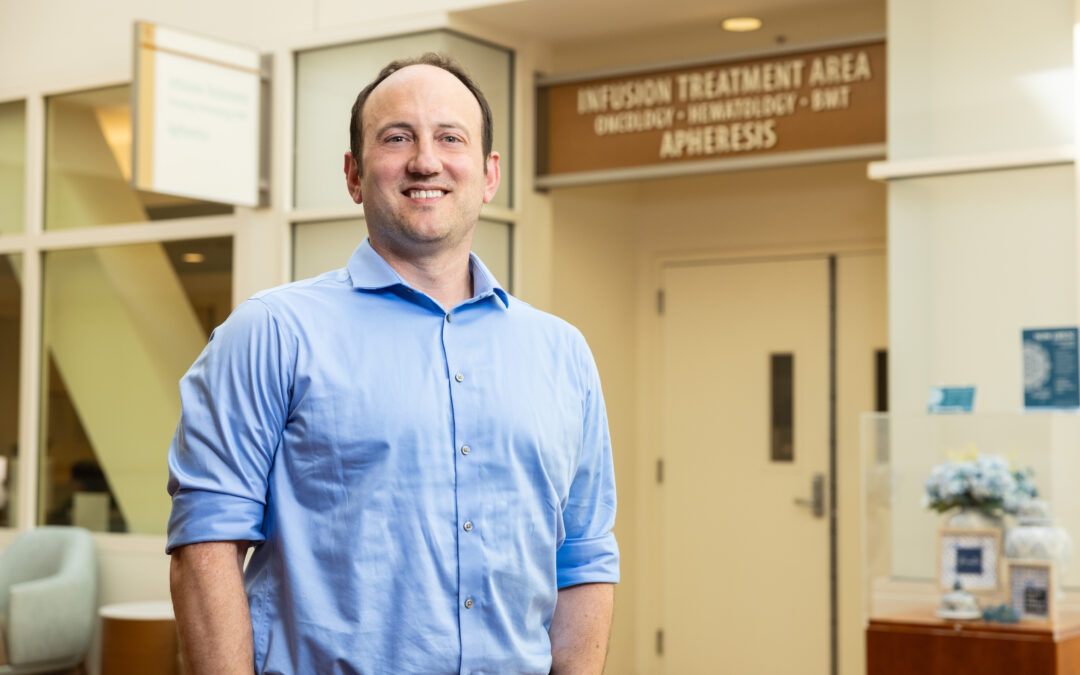
Pioneering New Frontiers in Cancer Therapy: Stanford’s Breakthrough With CD22 CAR T Cells
Most of the lymphoma patients who agreed to a new, experimental therapy at Stanford were told that they had only months to live. More than half of them now have no detectable cancer in their body.
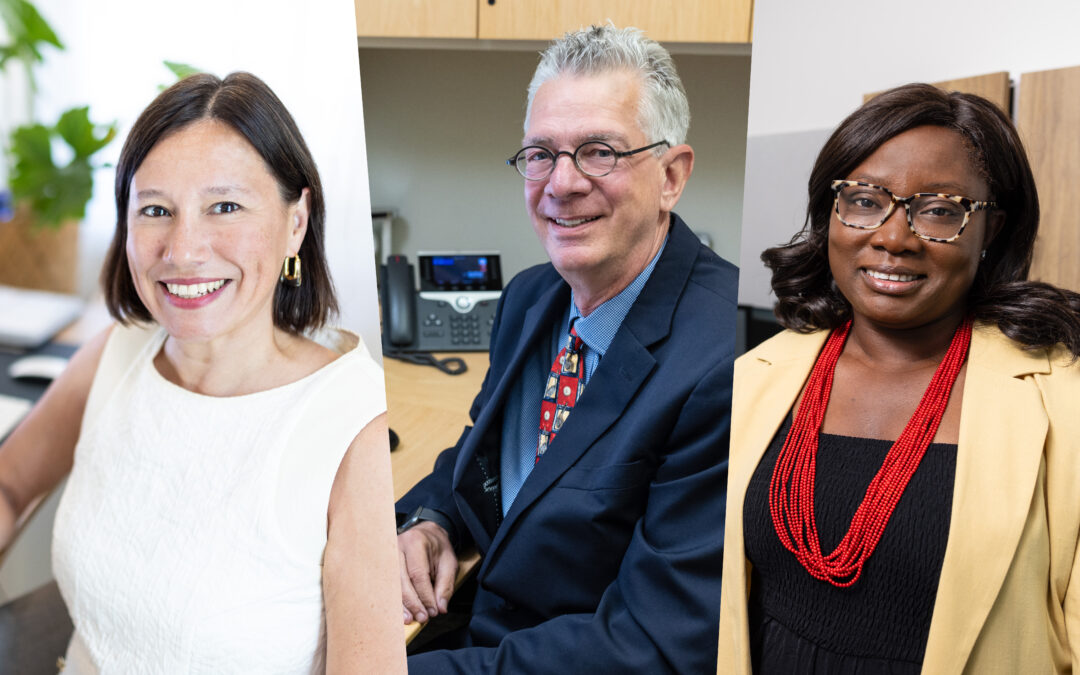
Cutting-Edge Science Delivers Insights Into the Inner Workings of Autoimmune Diseases
Discover how Stanford’s cutting-edge research is transforming the fight against autoimmune and rheumatic diseases. With advanced computational tools and informatics, researchers are paving the way for groundbreaking treatments that promise a healthier future for millions affected by these complex conditions.

The Data Driver: How Tina Hernandez-Boussard Is Shaping Inclusive Health Care
From identifying trends in opioid prescriptions to predicting depression in cancer patients, Tina Hernandez-Boussard, MD, is at the forefront of data-driven health care. Learn how her innovative approaches are transforming patient care and paving the way for equitable and personalized medicine.
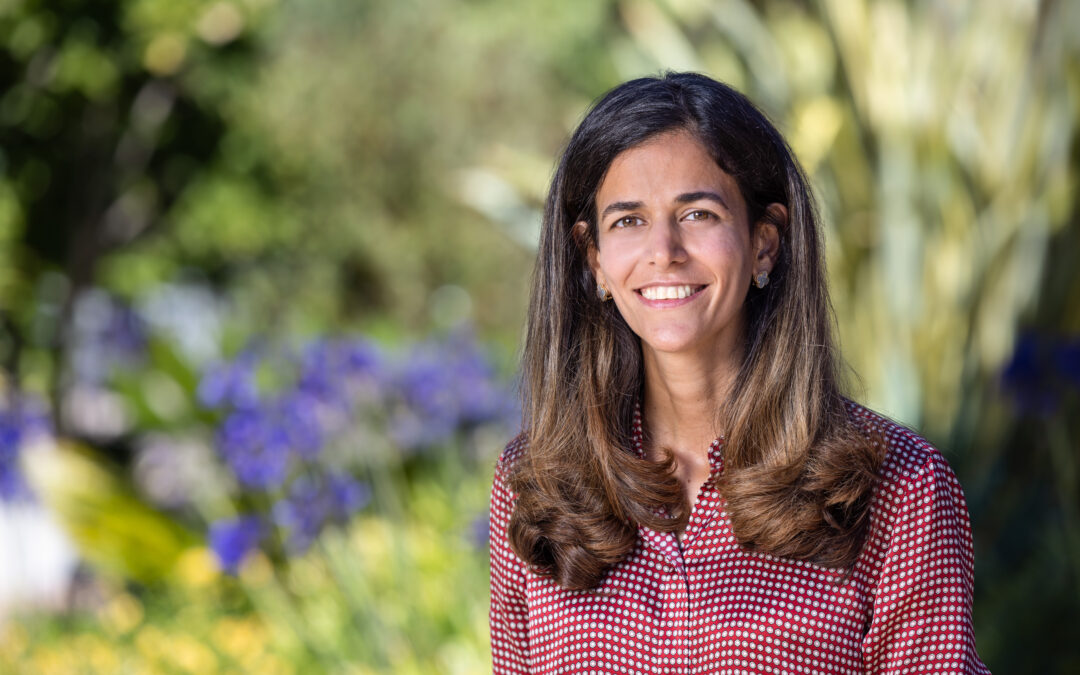
Pioneering New CLL Treatments for All: Bita Fakhri’s Innovative Approach
Hematologist Bita Fakhri, MD, wants to give patients with chronic lymphocytic leukemia (CLL) new treatment options. As director of the CLL clinical trial portfolio at Stanford, she is ensuring that Stanford runs fair, equitable, accessible – and scientifically cutting-edge – trials.
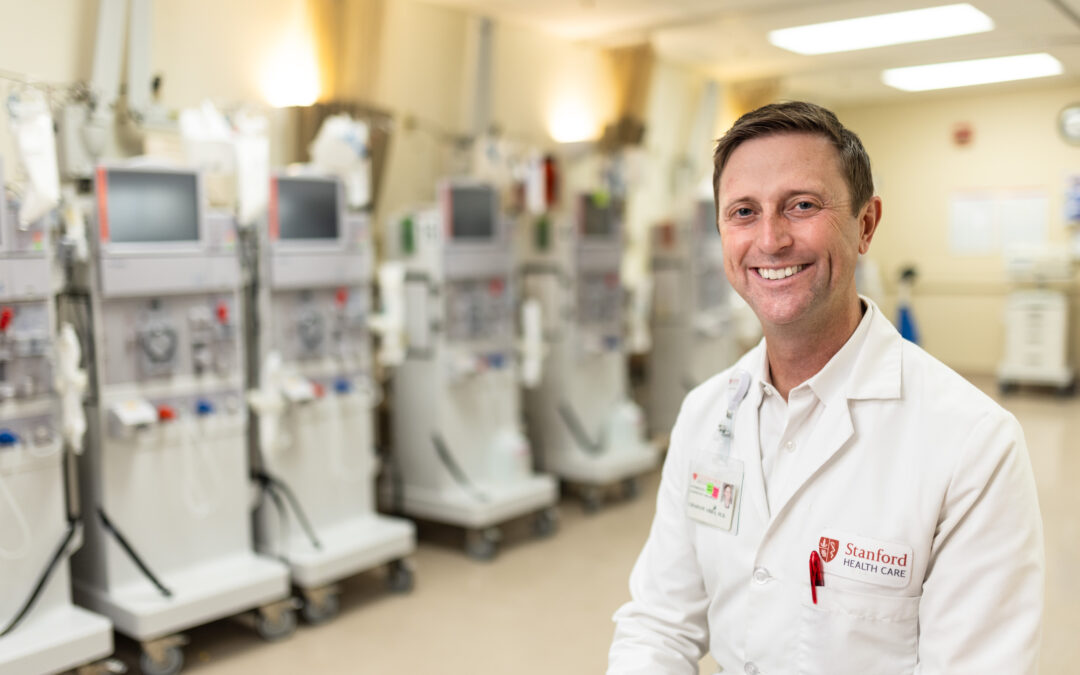
Empowering Patients: Dr. Graham Abra’s Mission to Expand Home Dialysis
Home dialysis may not be new, but ensuring that every eligible patient is aware of this life-changing option and is given the support they need to benefit from it certainly is. Graham Abra, MD, is on a mission to make this a reality at Stanford, and his patients are reaping the benefits.
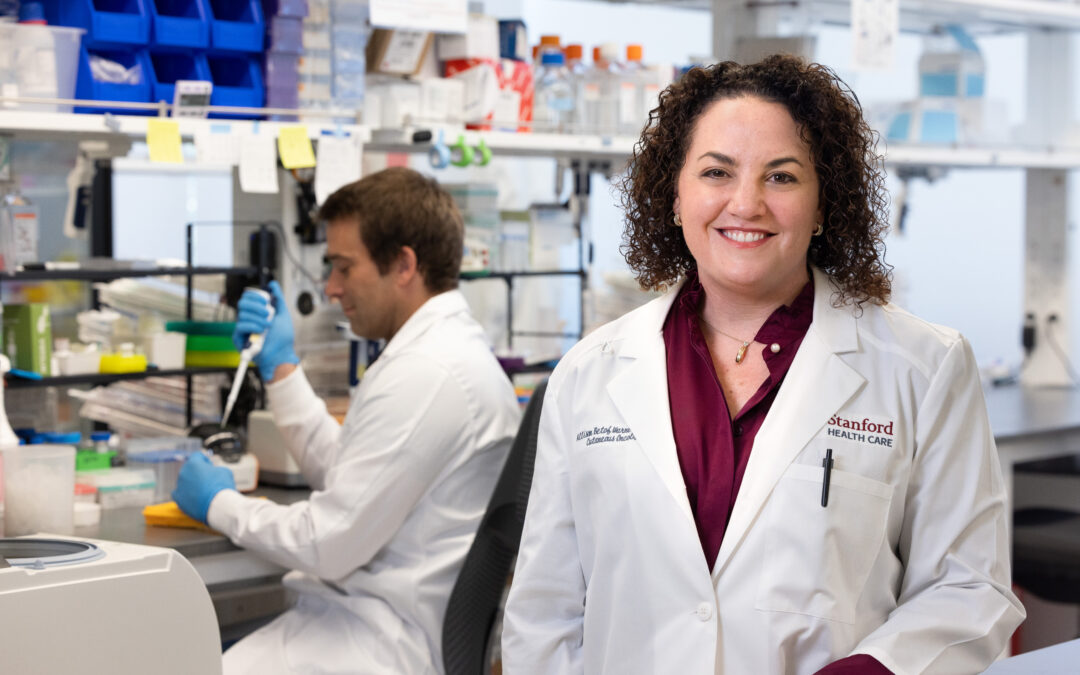
Cancer’s Challenger: Allison Betof Warner and the Future of Cancer Treatment
Gymnast-turned-oncologist Allison Betof Warner, MD, channels her determination into revolutionary cancer treatments at Stanford. Discover how she’s bringing new hope to cancer treatments with TIL therapy.
#Partnerships
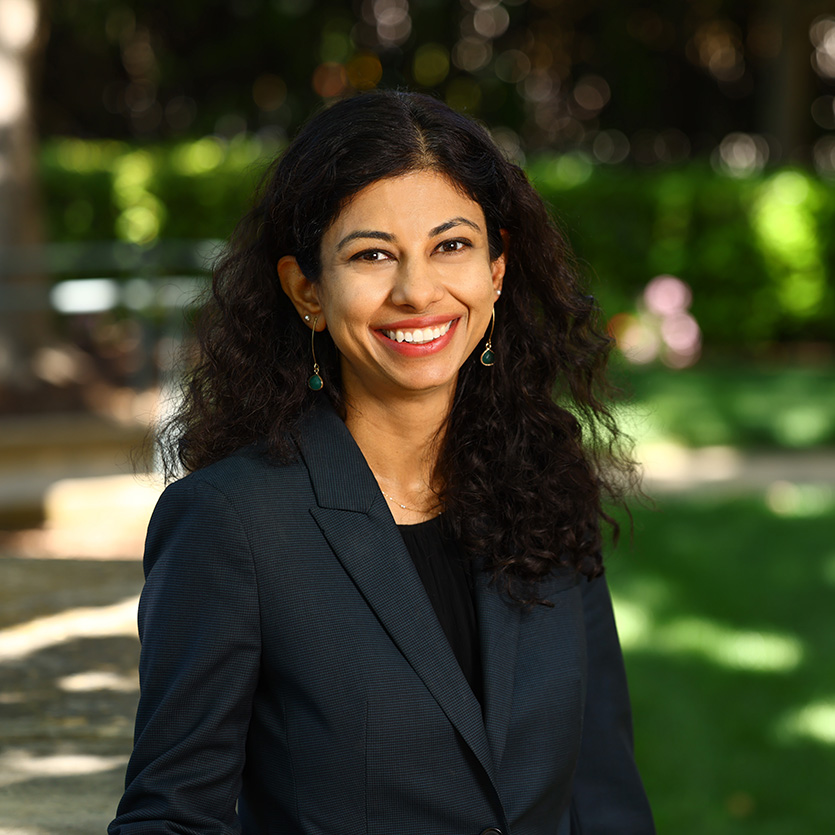
Stanford Medicine researchers have teamed up with local communities in Sri Lanka and Central California to better understand a chronic kidney disease devastating agricultural communities around the world.
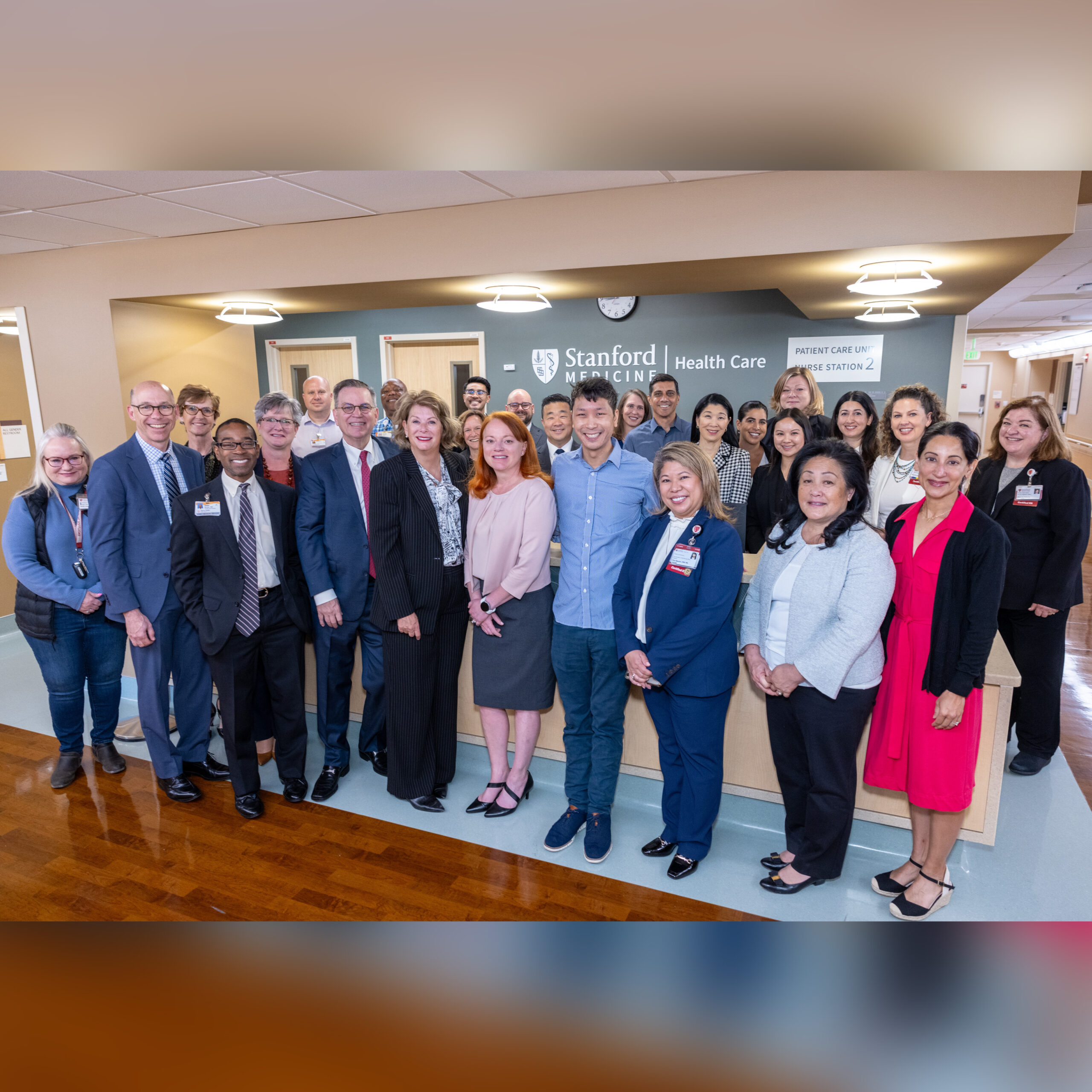
A collaboration with a local community hospital expands Stanford’s inpatient capacity with special accommodations: spacious rooms and cutting-edge telehealth for specialty care.
She was diagnosed with chronic inflammatory bowel disease (IBD) at the age of 15. It wasn’t easy, but she’s in her 20s now and thriving, with support from the Stanford Pediatric-to-Adult IBD Transition Program.
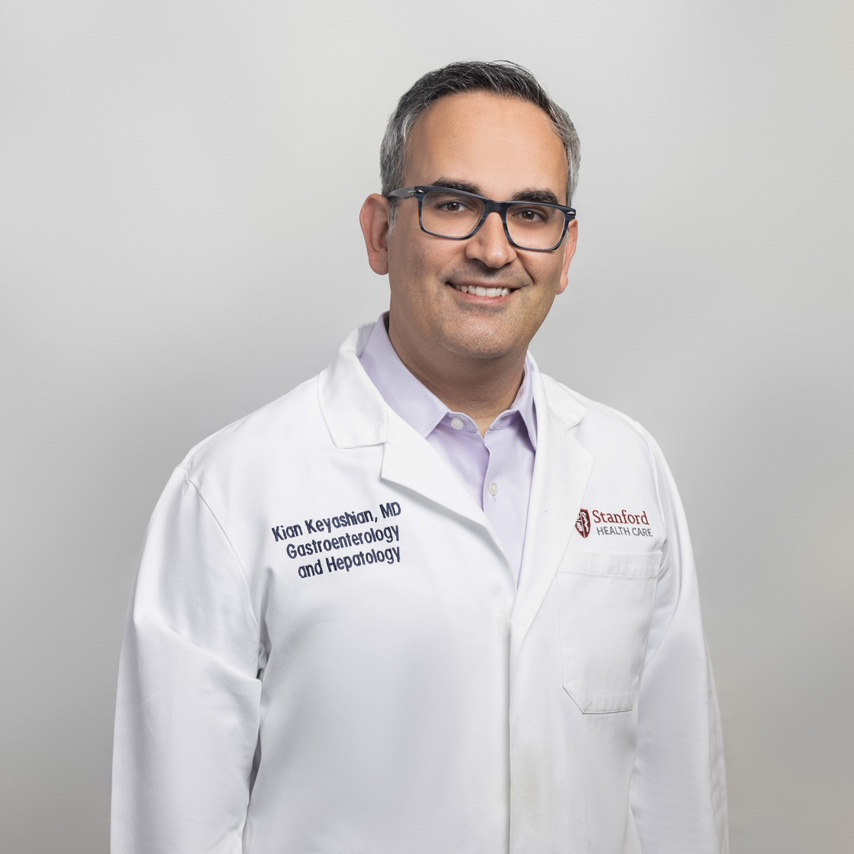
Stanford’s Global Health team is pioneering a new approach to global health education through a largely virtual educational collaboration with Negele Arsi General Hospital and Medical College in rural Ethiopia. The enthusiasm for this initiative is as bidirectional as the learning.
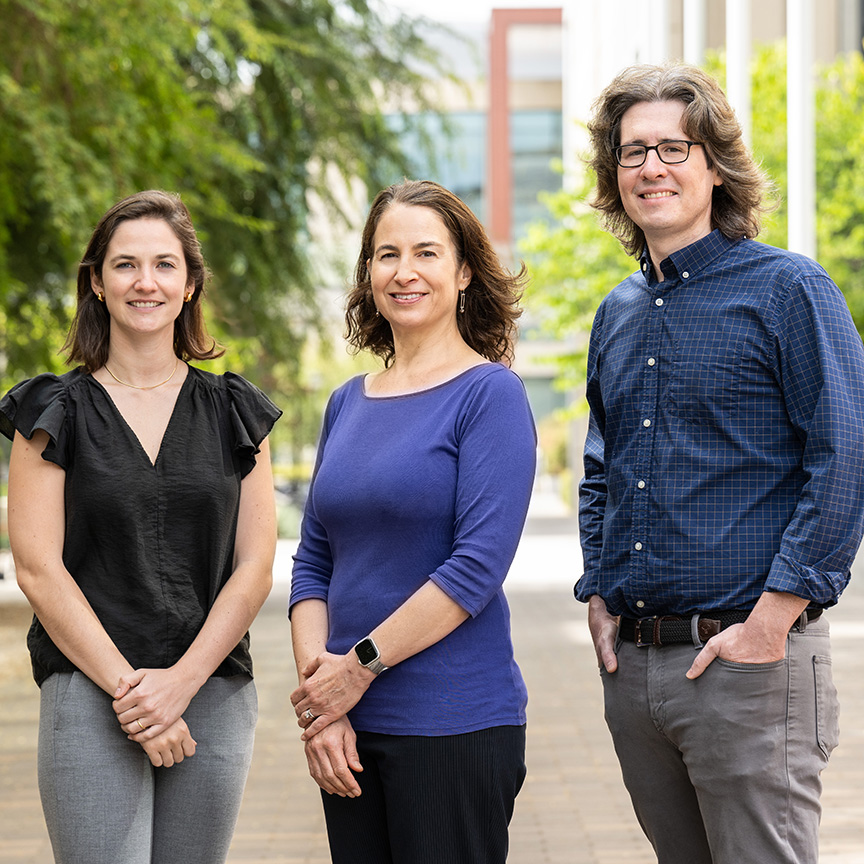
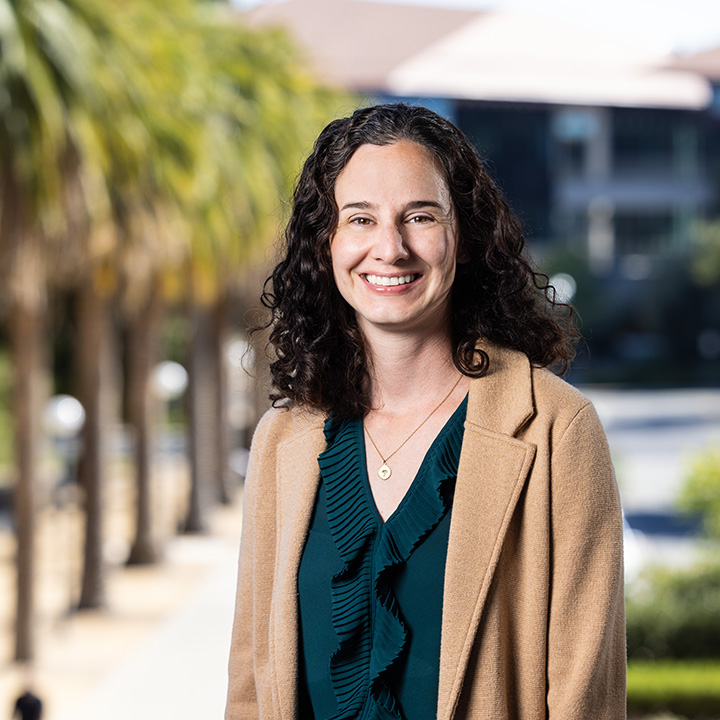
Just outside the city of Palo Alto, opportunities in East Palo Alto look very different. Kids in the Palo Alto Unified School District have educational support that those across town do not. That’s where Eastside College Preparatory School comes in and where the Stanford Department of Medicine found a community partner to reduce disparities in health care access and education.

Stanford’s Center for Innovation in Global Health launches a pioneering new program for African physicians to gain medical skills at Stanford – and implement them back home.
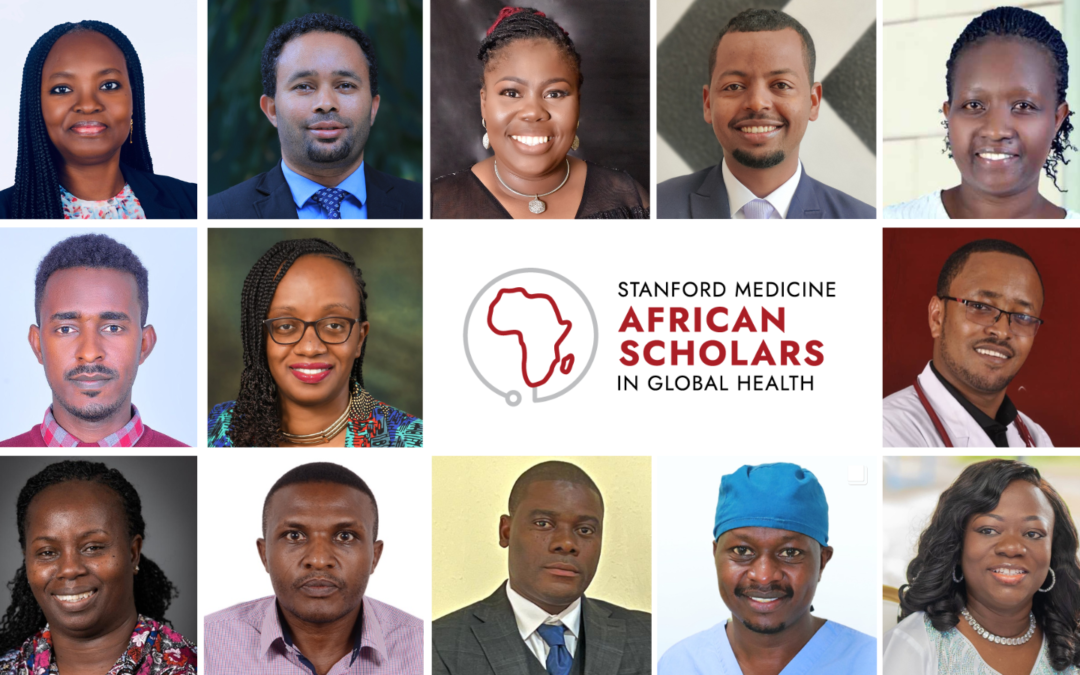
Two-Way Learning for Global Health Equity
Stanford’s Center for Innovation in Global Health launches a pioneering new program for African physicians to gain medical skills at Stanford – and implement them back home.
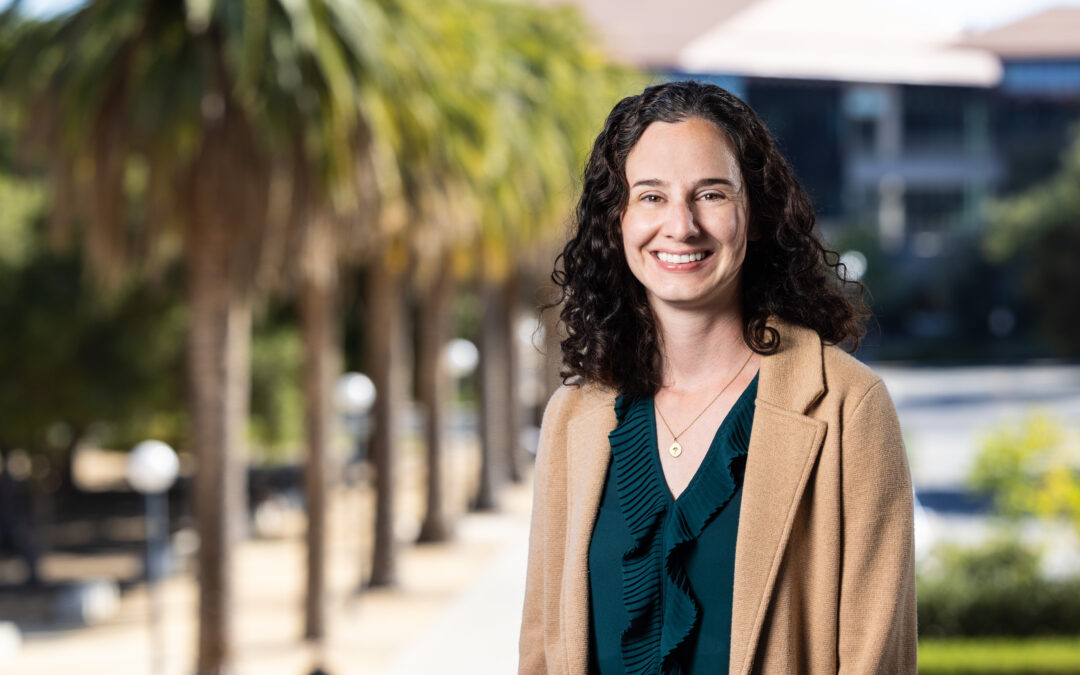
Everyone Deserves a Fair Shot in East Palo Alto: Bridging Crosstown Gaps in Educational and Health Equity
Just outside the city of Palo Alto, opportunities in East Palo Alto look very different. Kids in the Palo Alto Unified School District have educational support that those across town do not. That’s where Eastside College Preparatory School comes in and where the Stanford Department of Medicine found a community partner to reduce disparities in health care access and education.
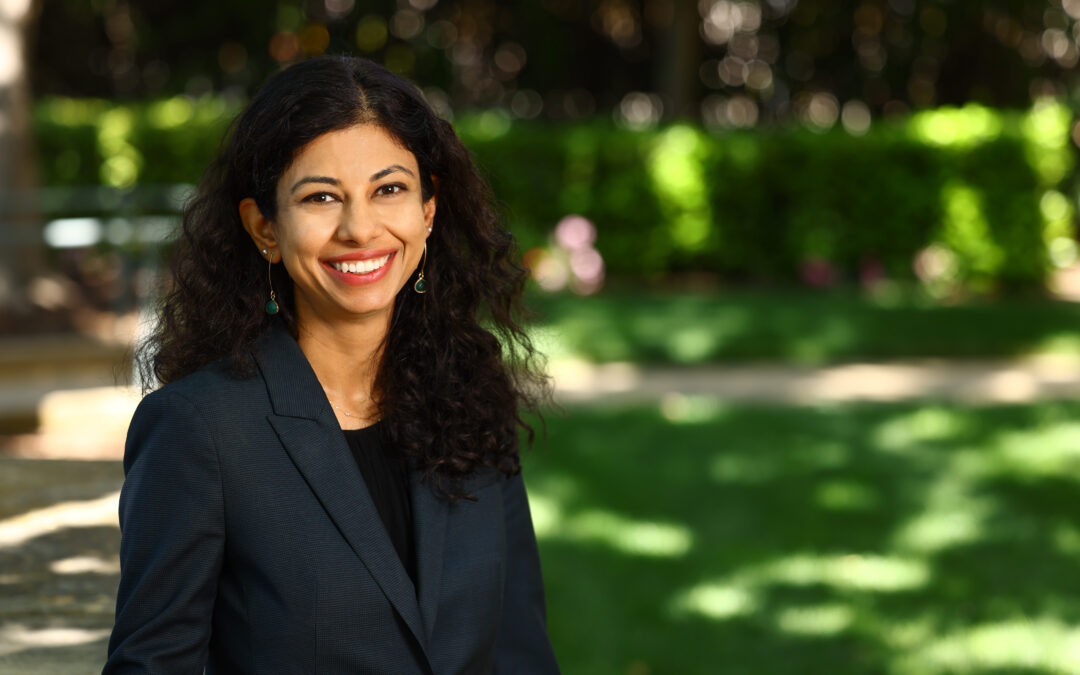
Tracking a Mysterious Kidney Disease Across Time and Continents
Stanford Medicine researchers have teamed up with local communities in Sri Lanka and Central California to better understand a chronic kidney disease devastating agricultural communities around the world.
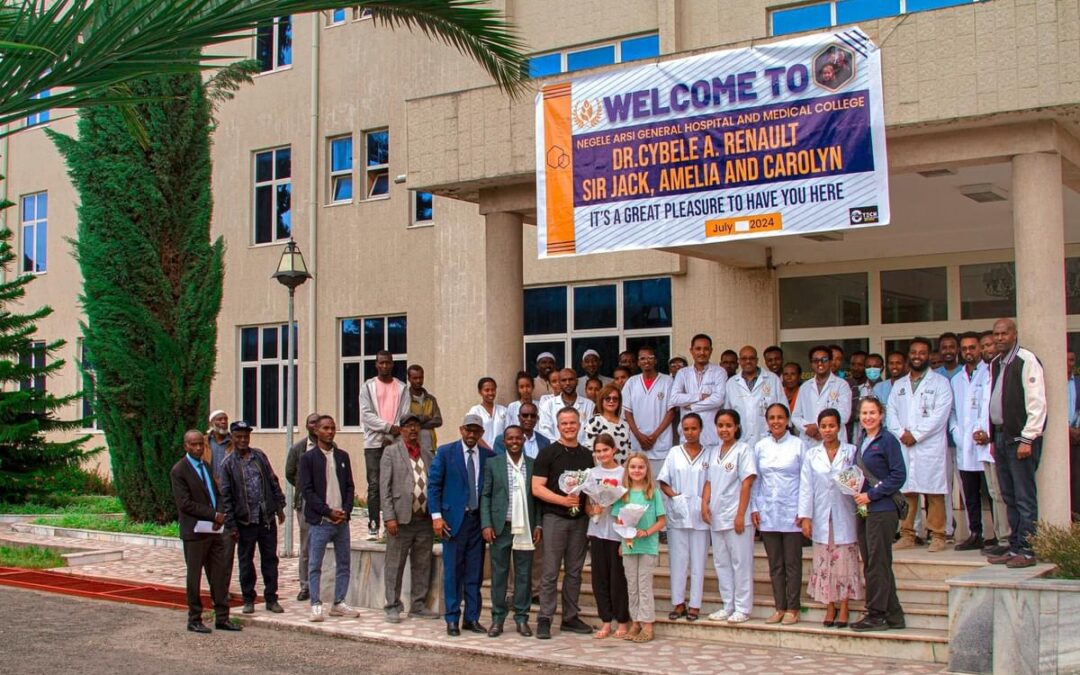
Knowledge Without Borders: Collab With Ethiopian Medical School Awakens Stanford Residents to Global Possibilities
Stanford’s Global Health team is pioneering a new approach to global health education through a largely virtual educational collaboration with a medical school in rural Ethiopia. It’s hard to say who benefits more – the Ethiopians or the Stanford residents and faculty.
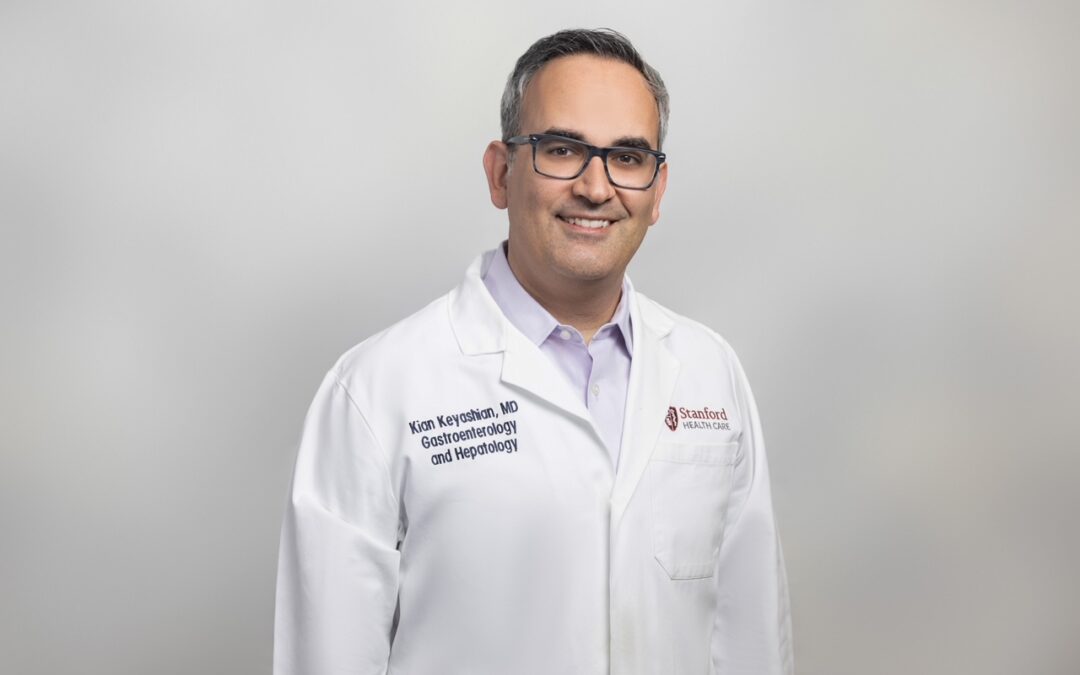
Navigating New Frontiers: The Pediatric-to-Adult Transition at Stanford Health
She was diagnosed with chronic inflammatory bowel disease (IBD) at the age of 15. It wasn’t easy, but she’s in her 20s now and thriving, with support from the Stanford Pediatric-to-Adult IBD Transition Program.
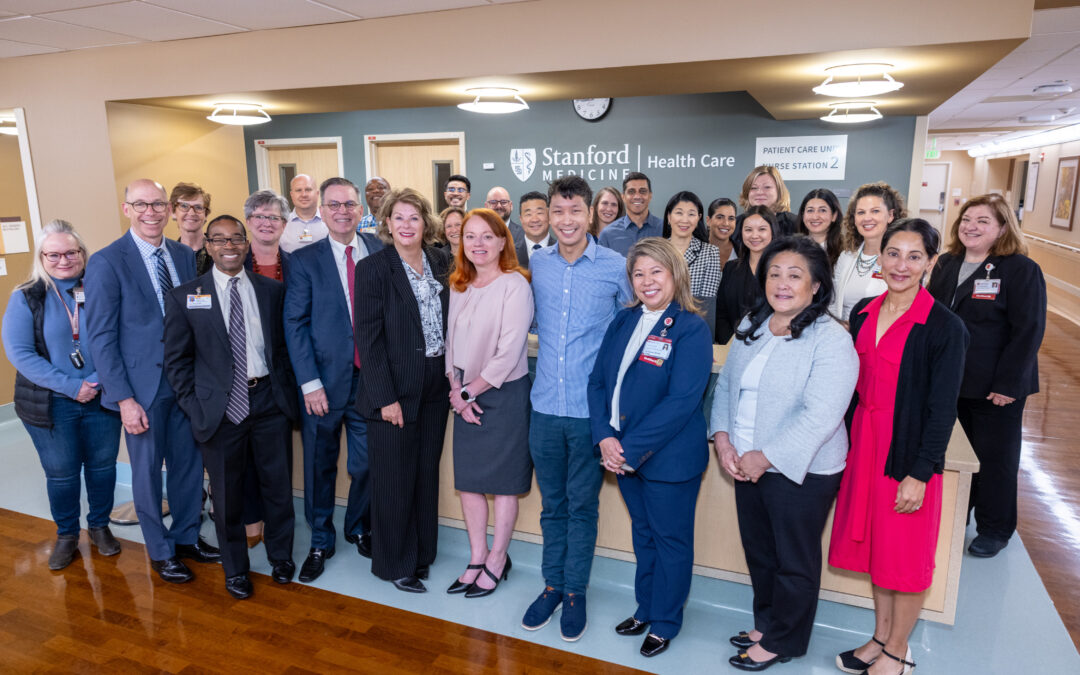
Pioneering Partnerships: Stanford and Sequoia Enhance Patient Care with New Hospital-Within-a-Hospital
A collaboration with a local community hospital expands Stanford’s inpatient capacity with special accommodations: spacious rooms and cutting-edge telehealth for specialty care.
